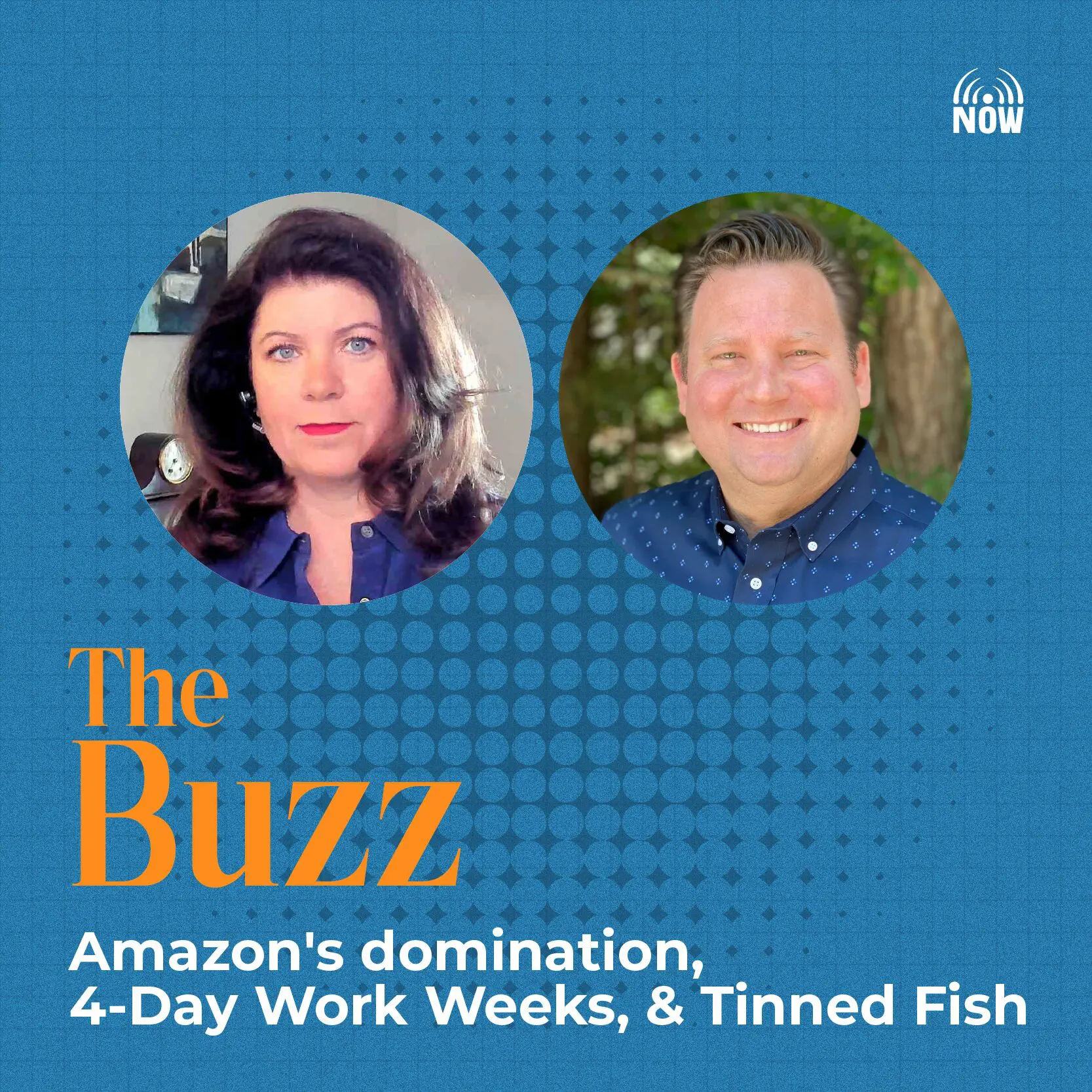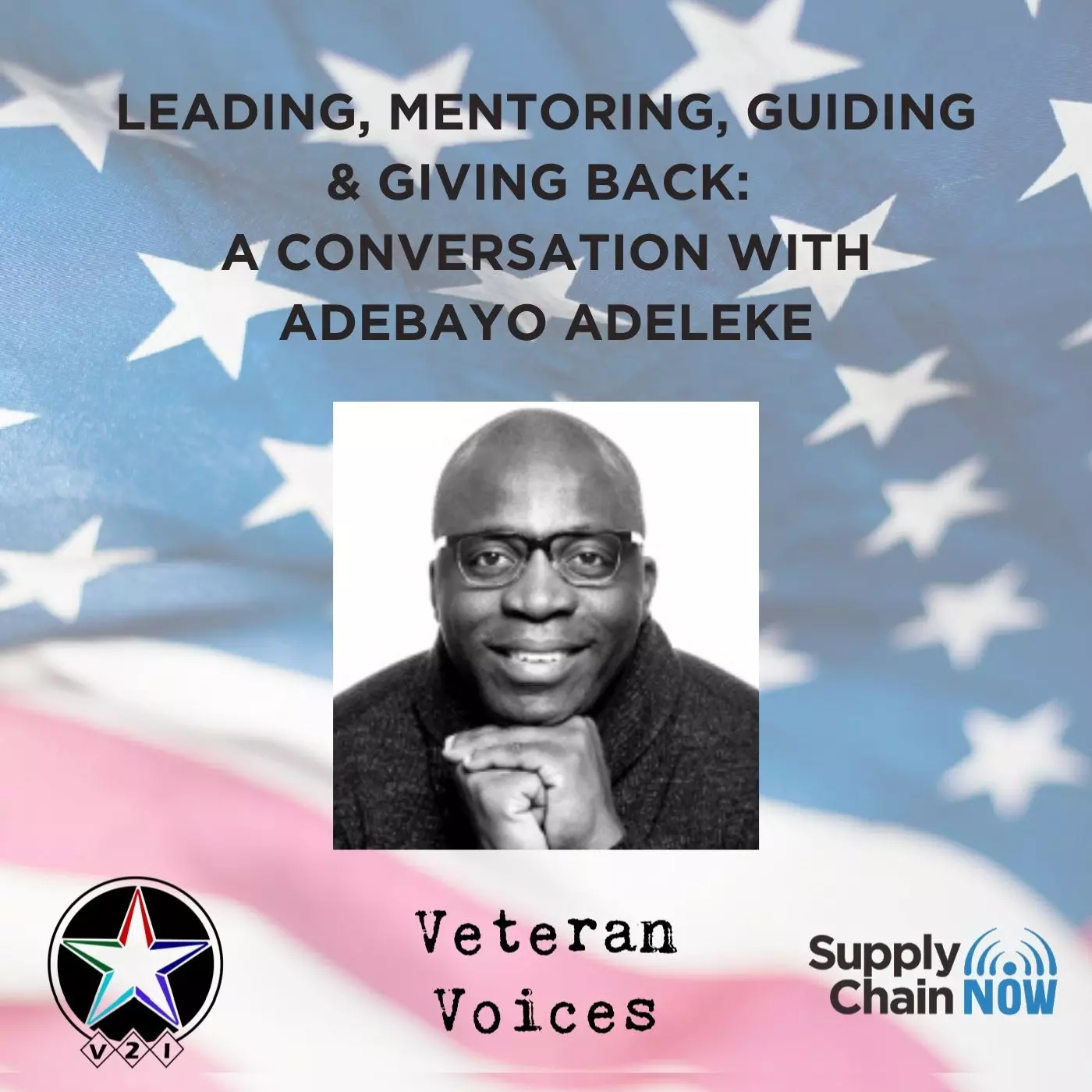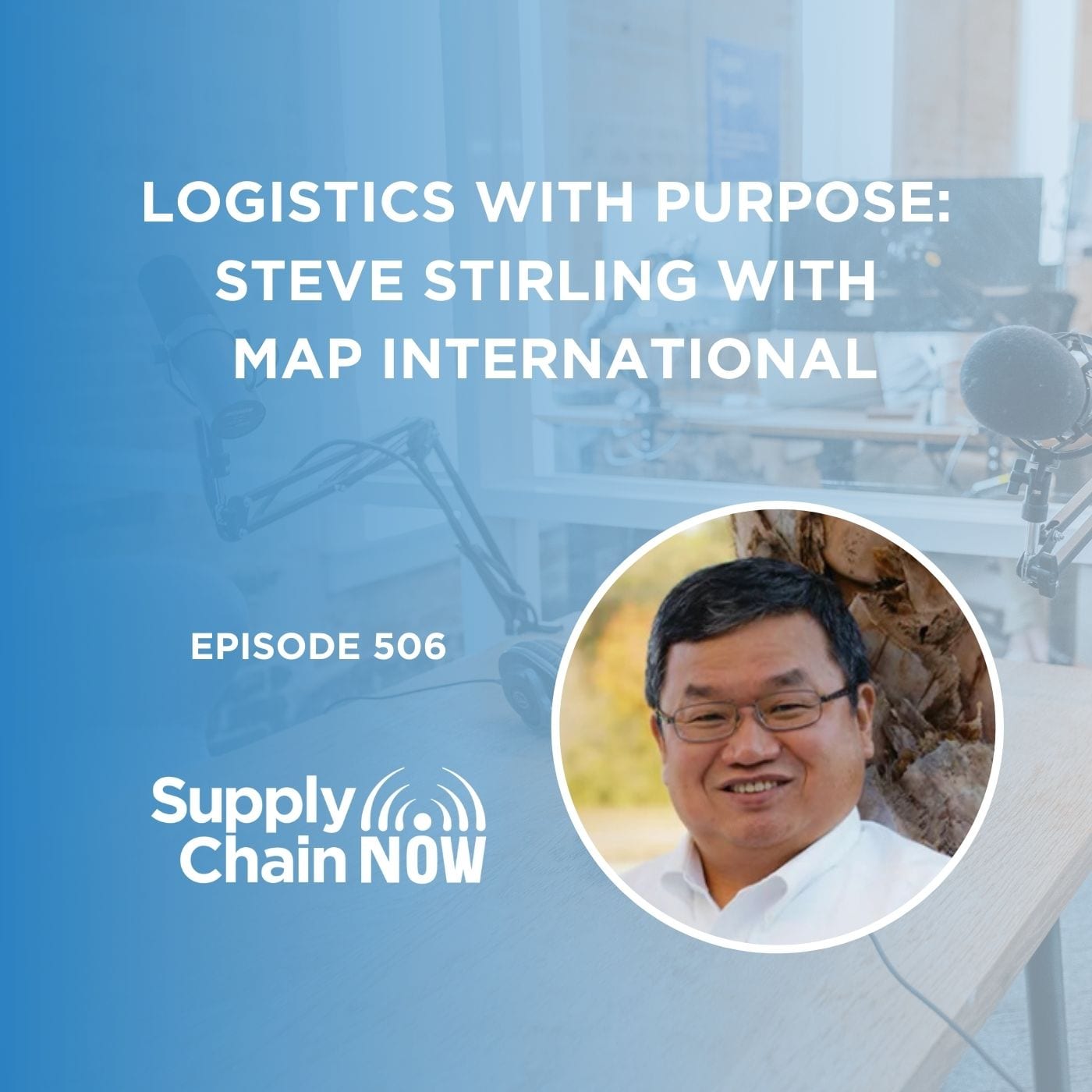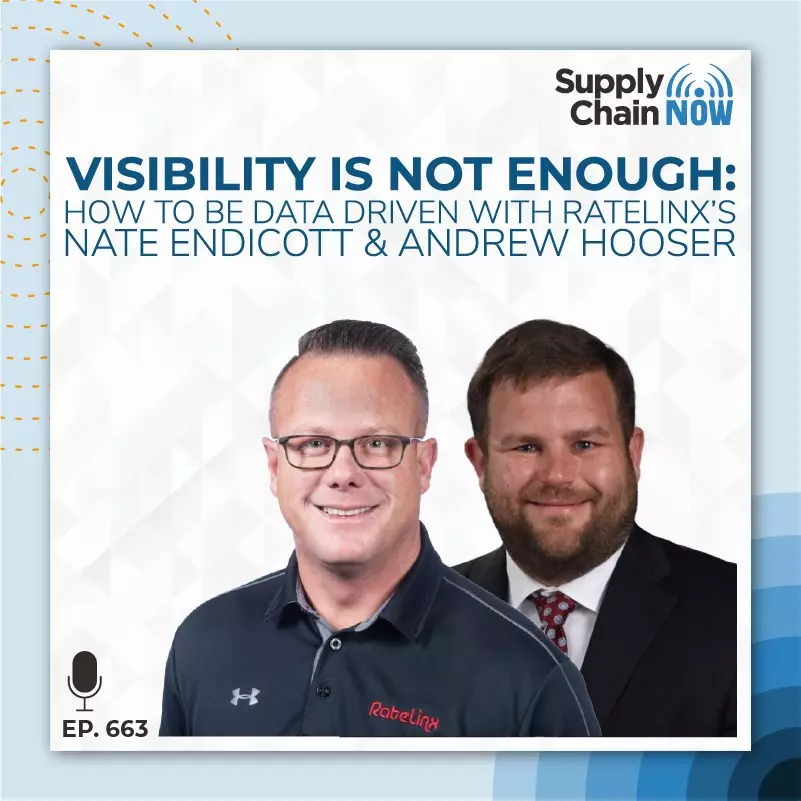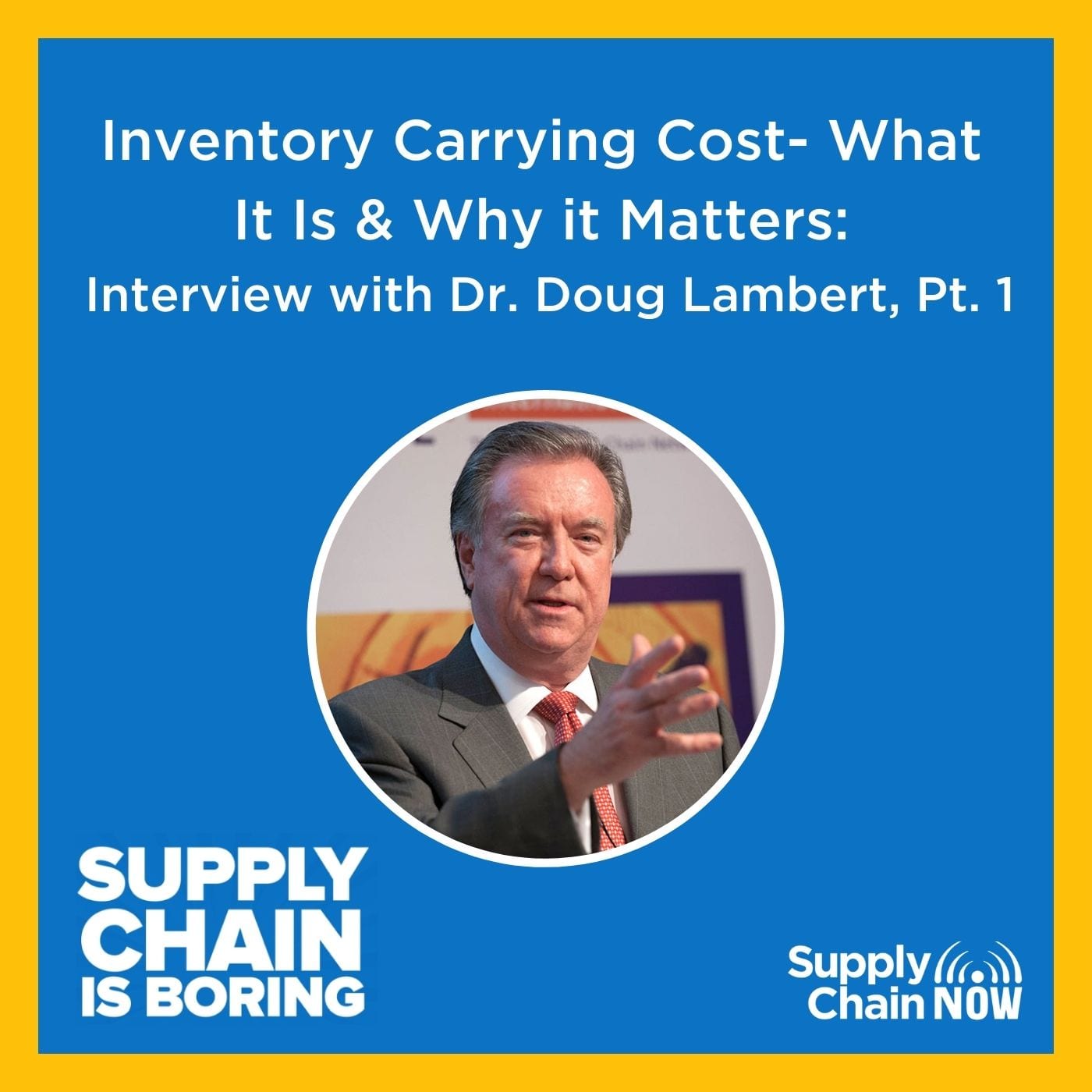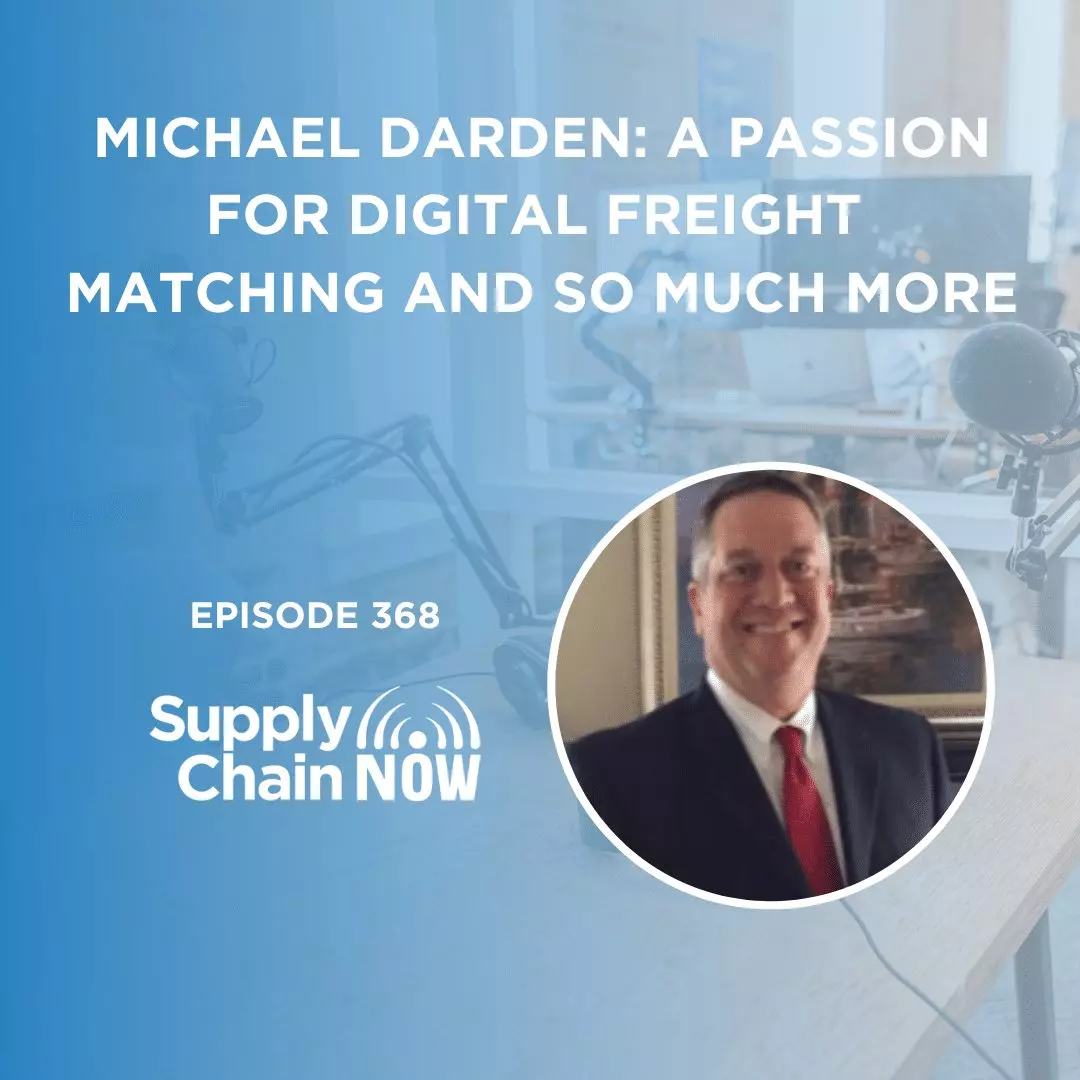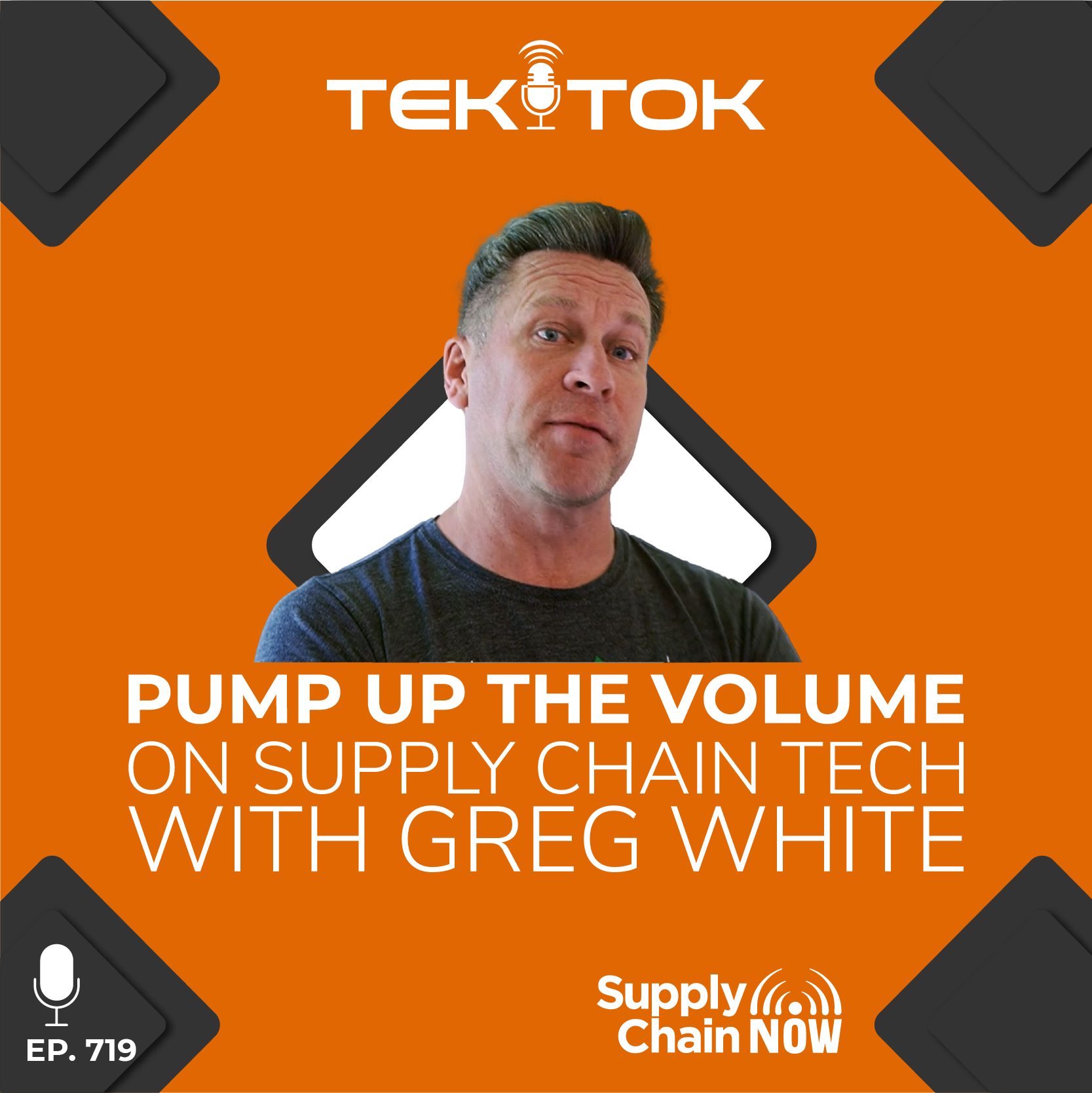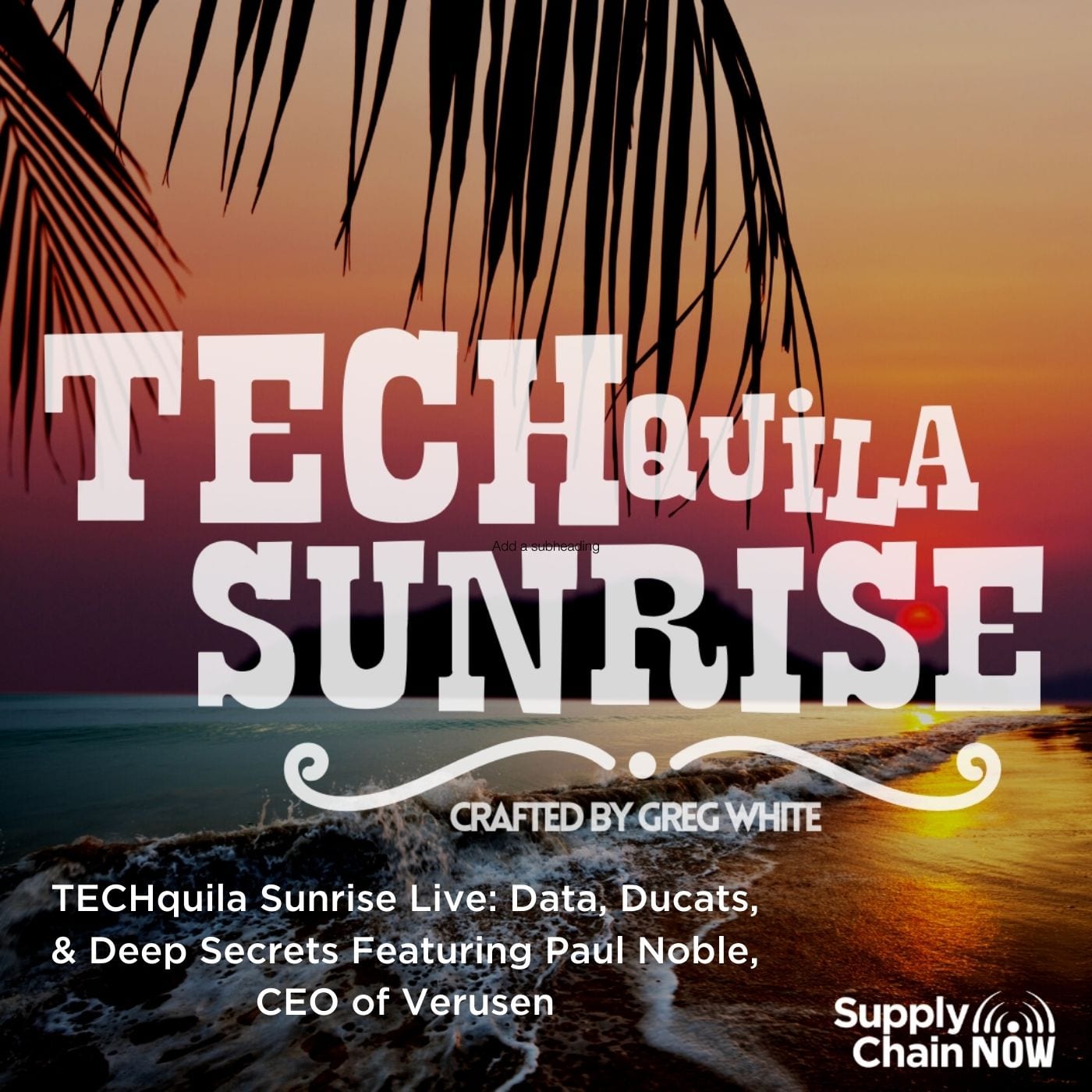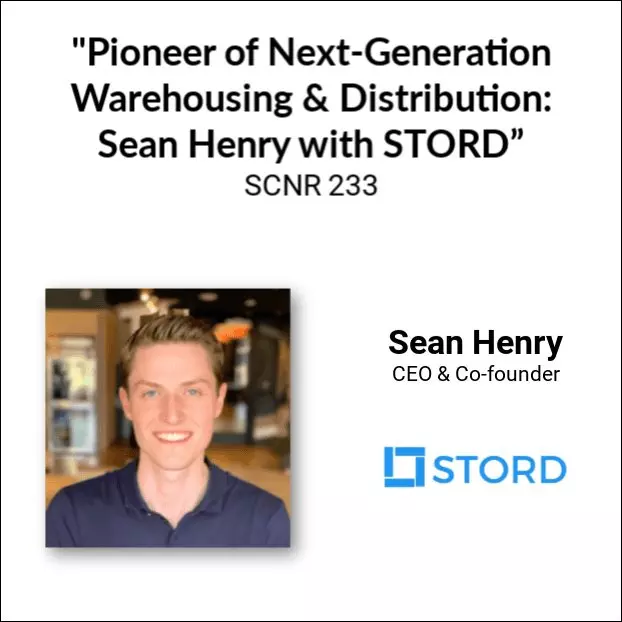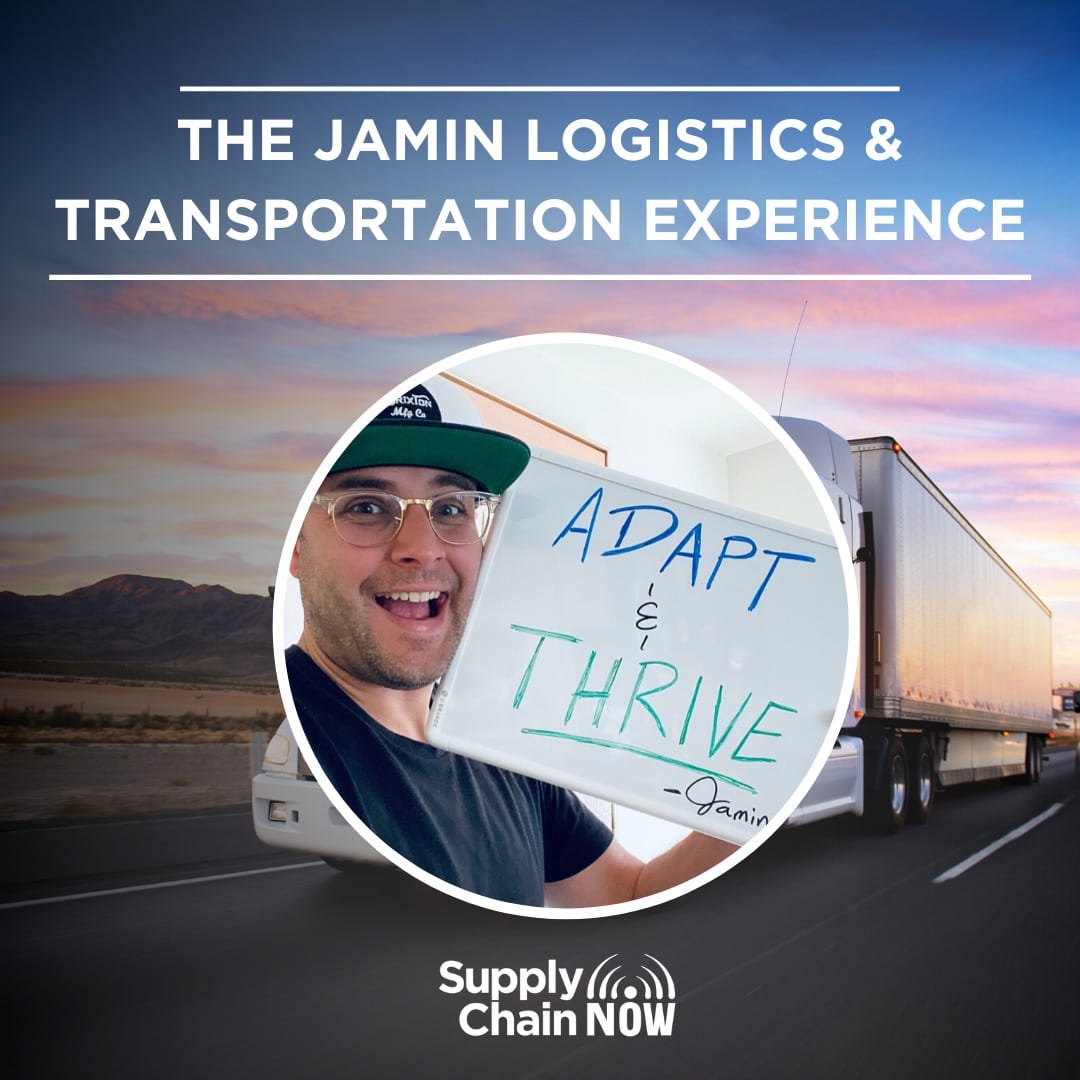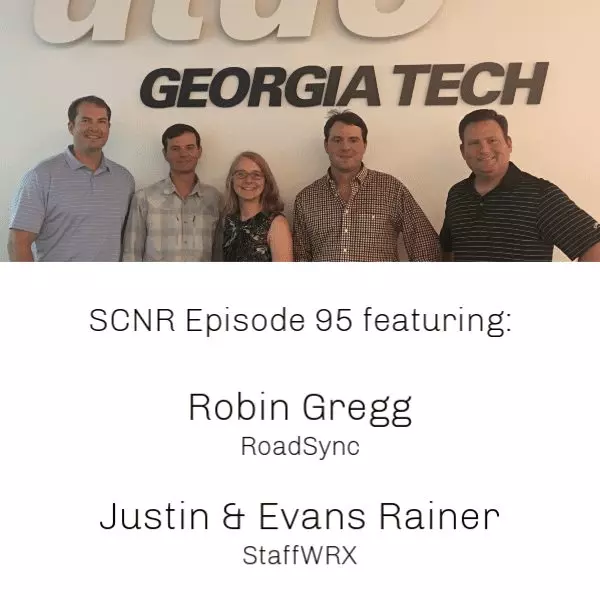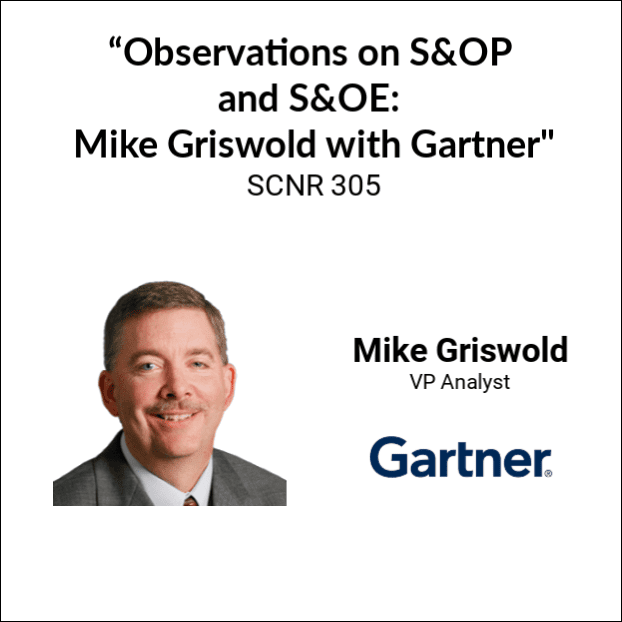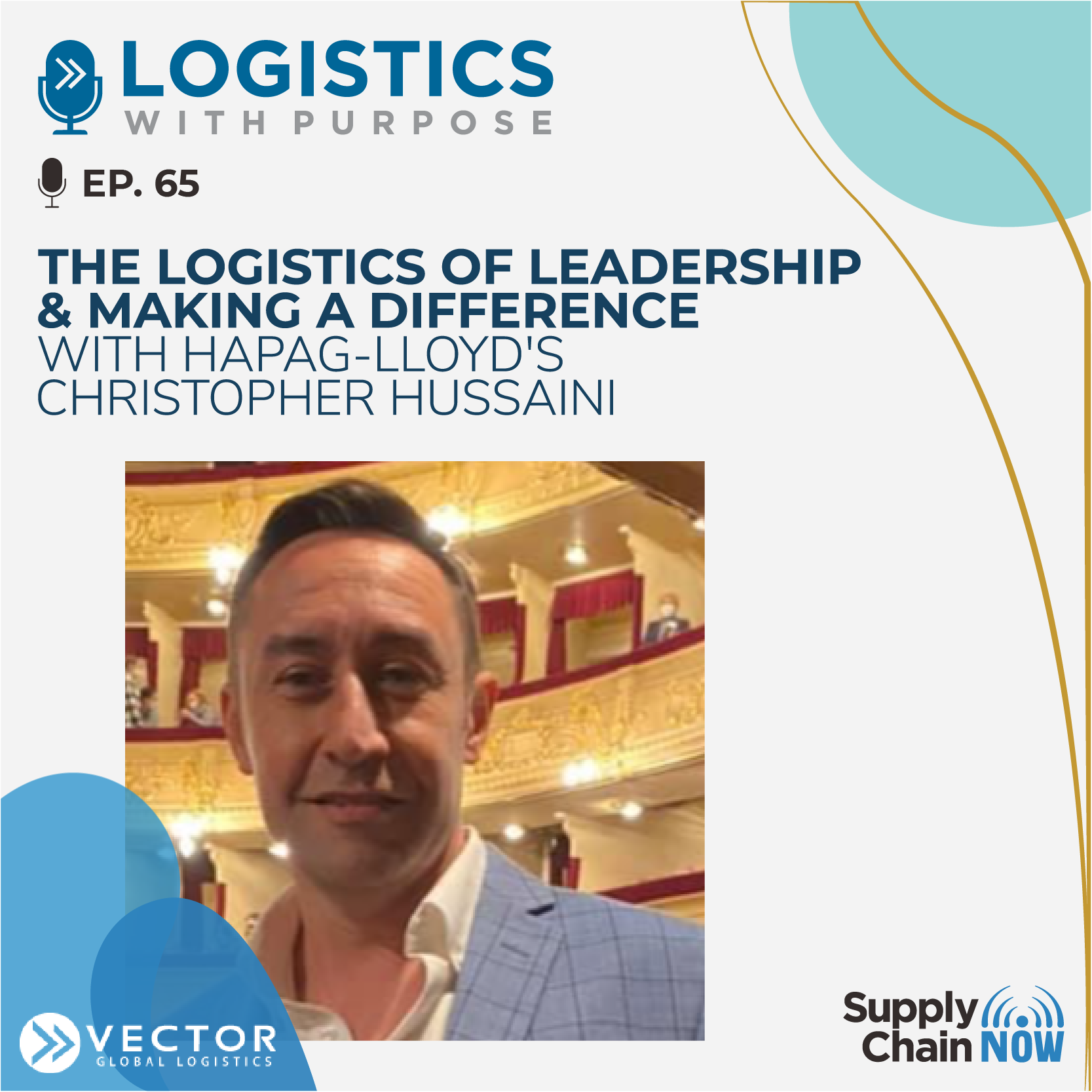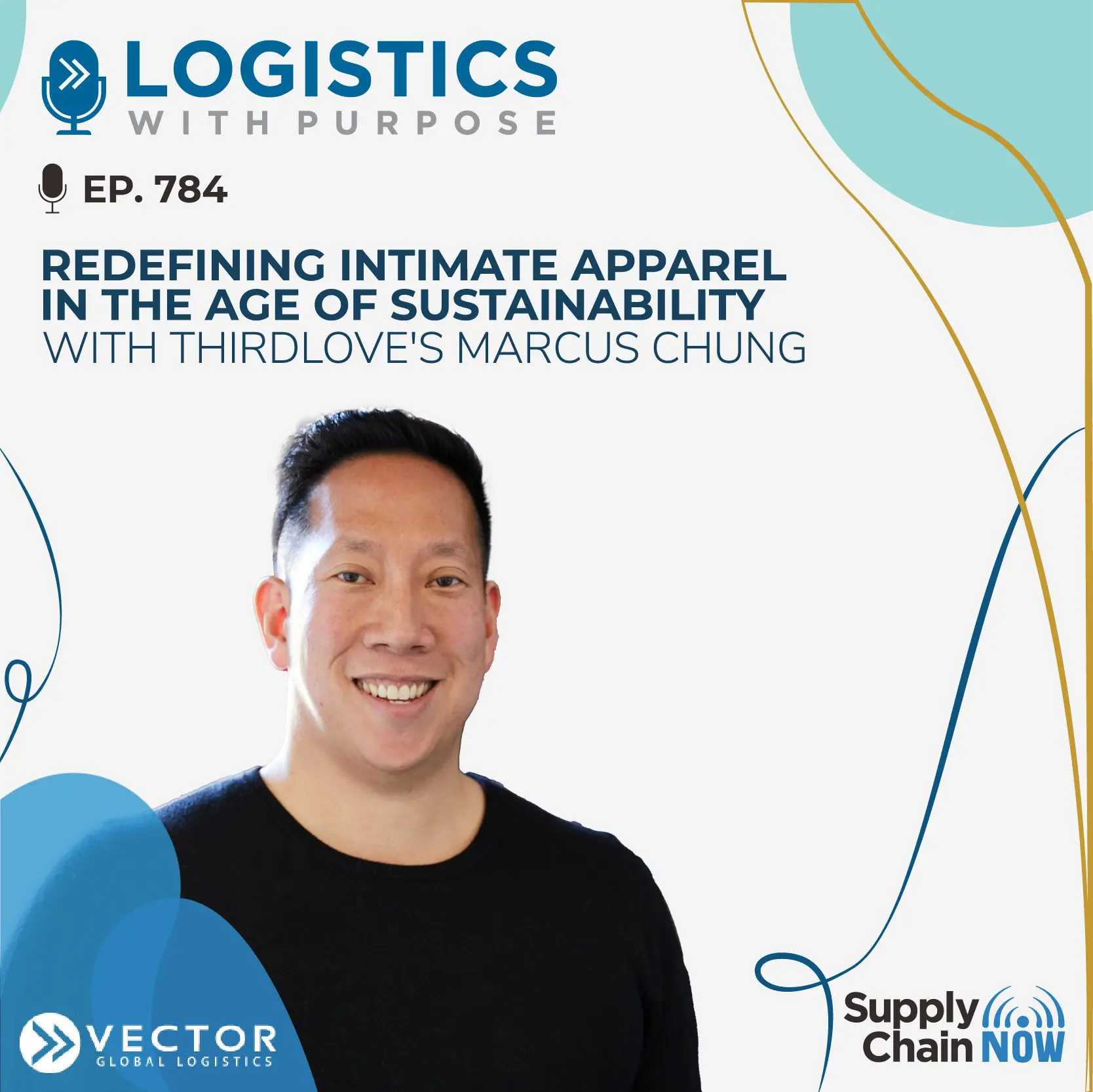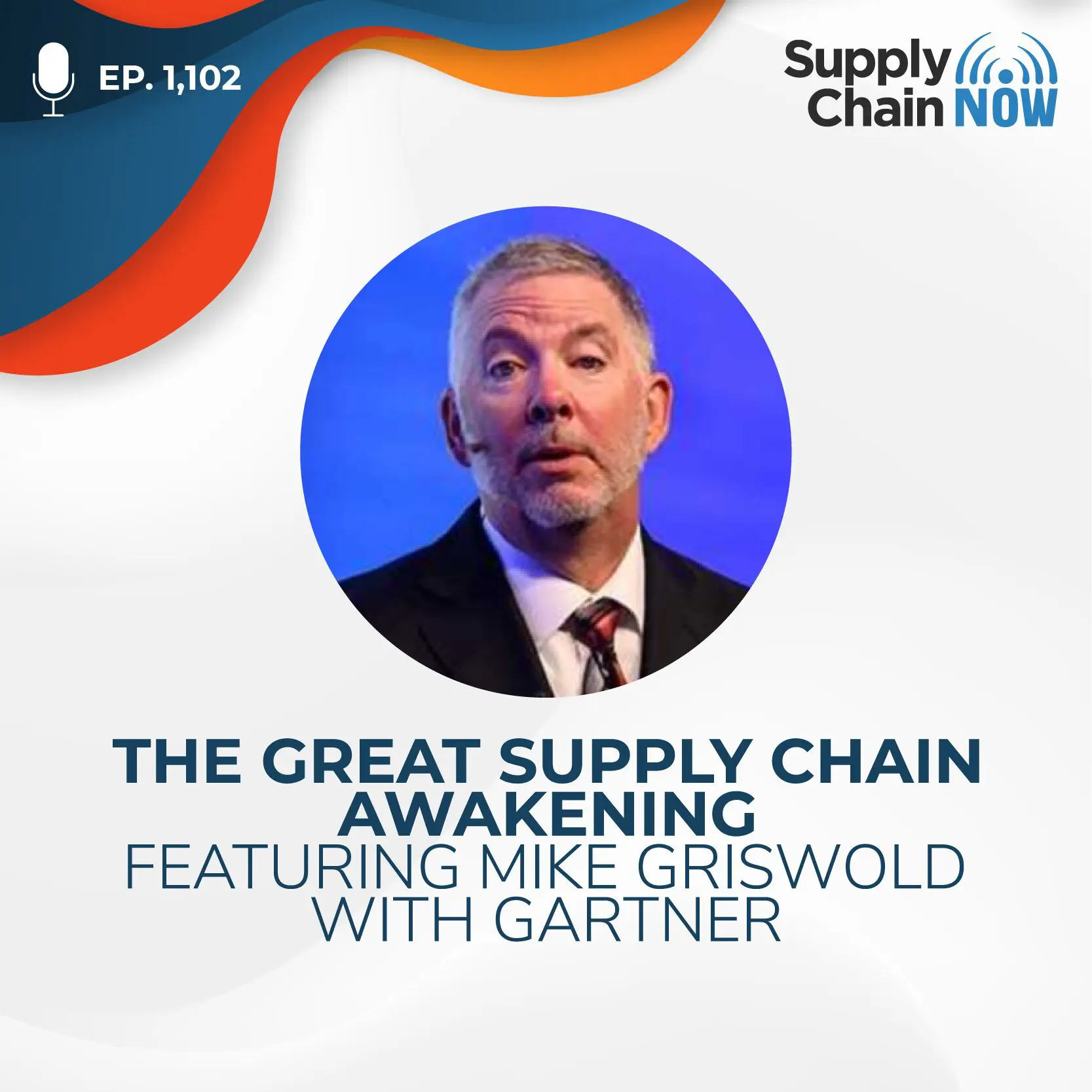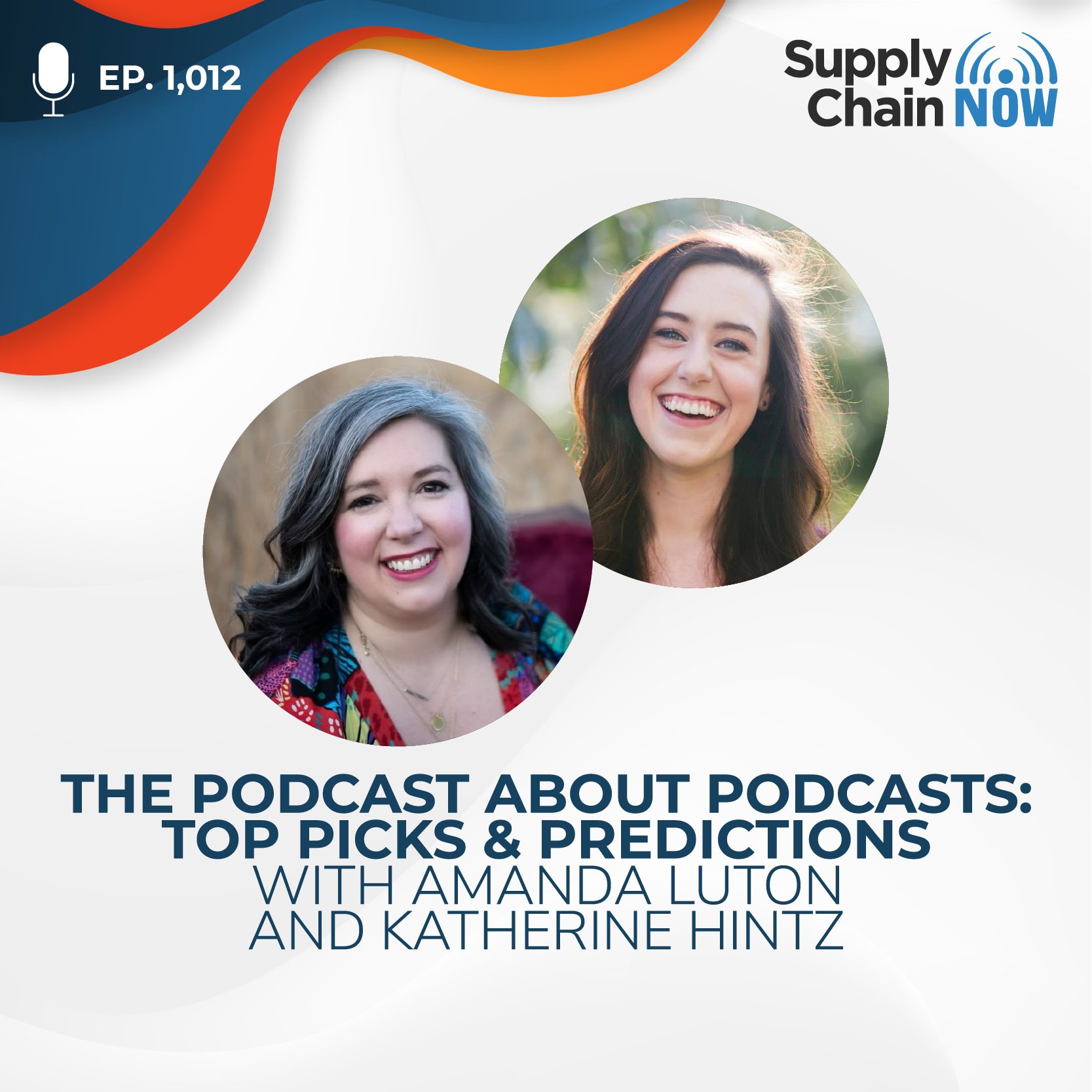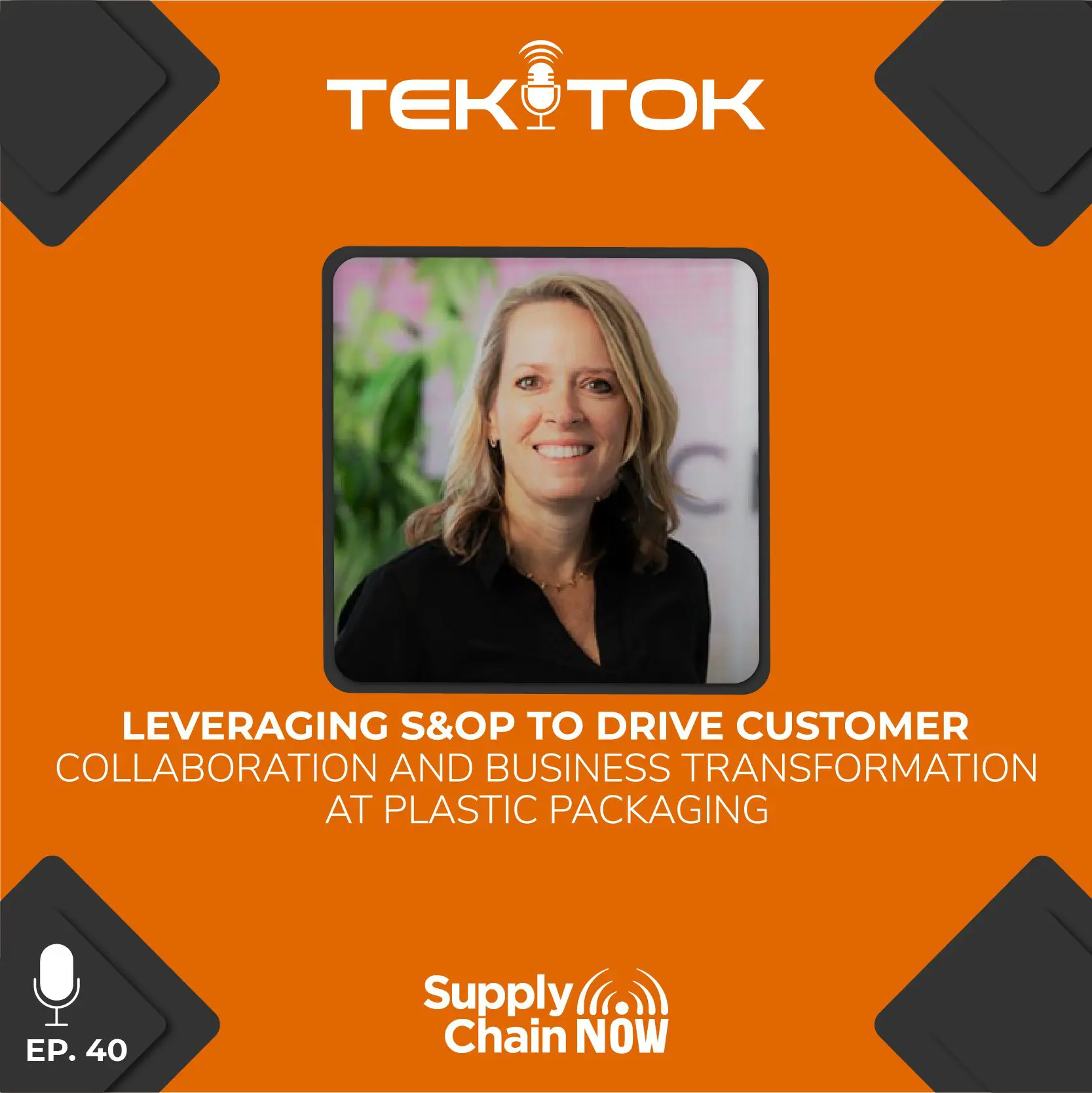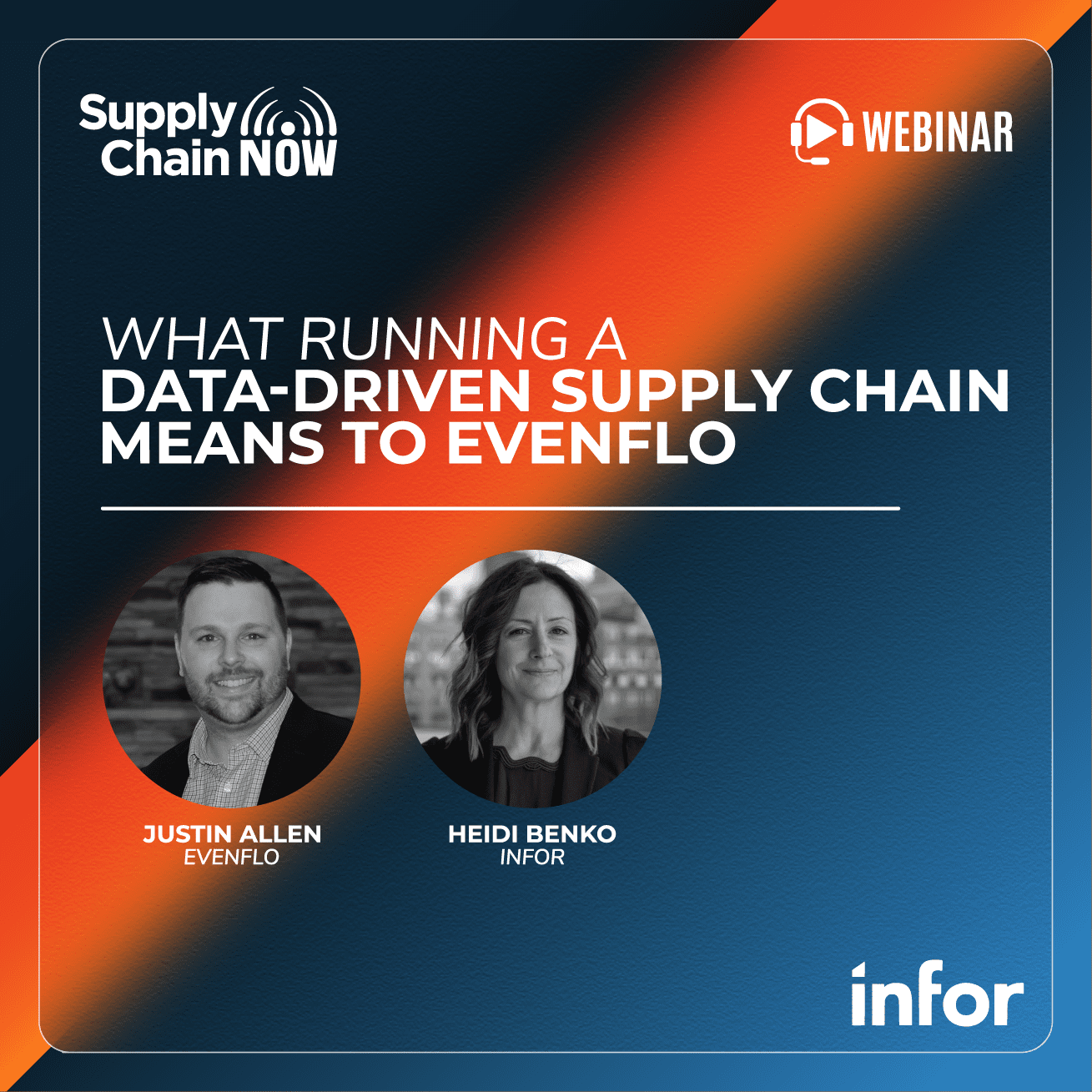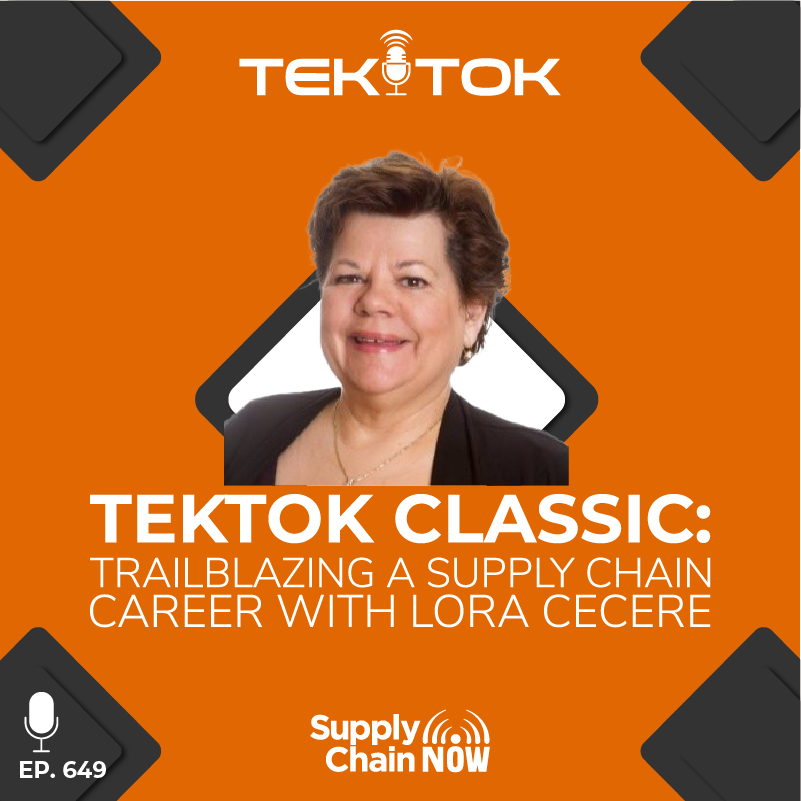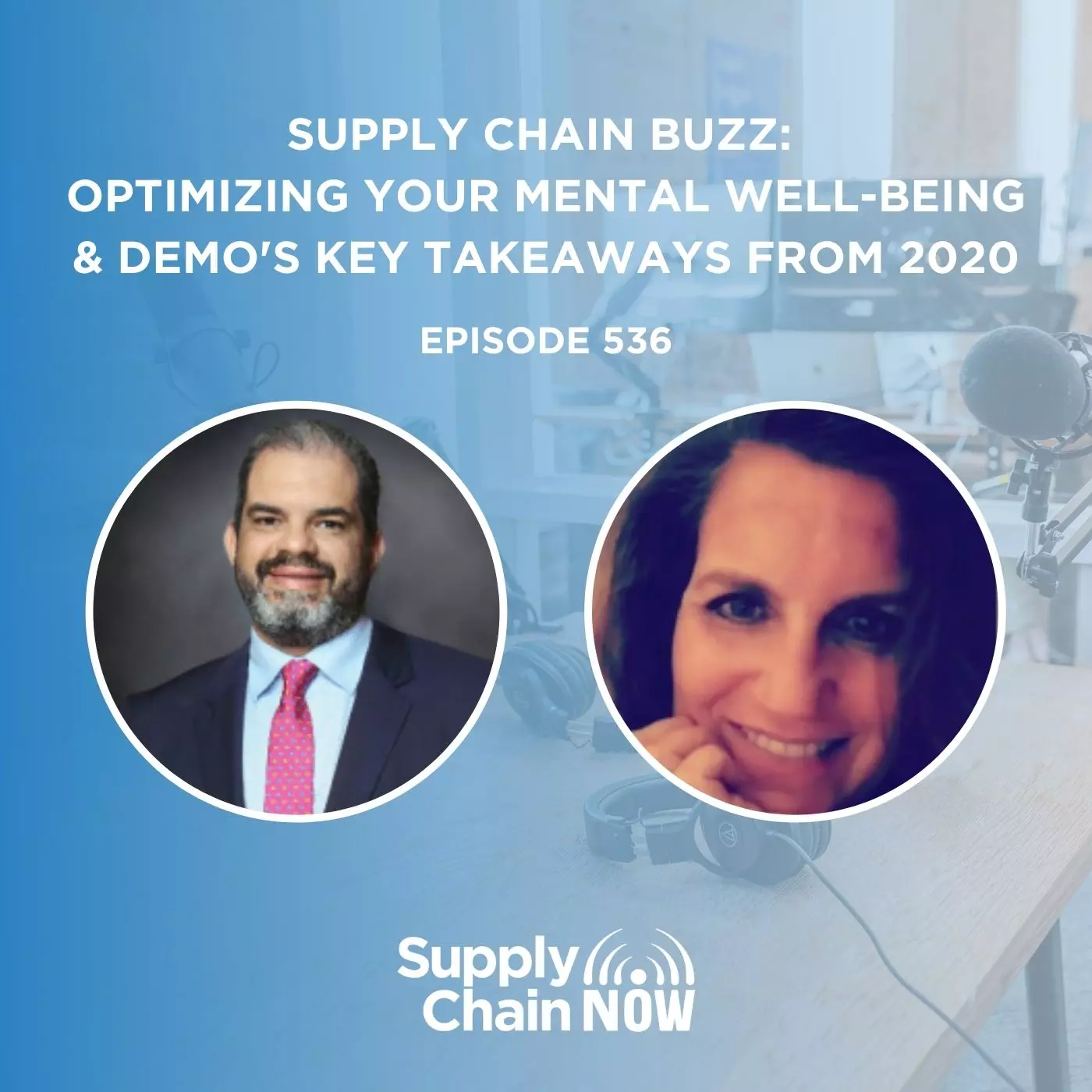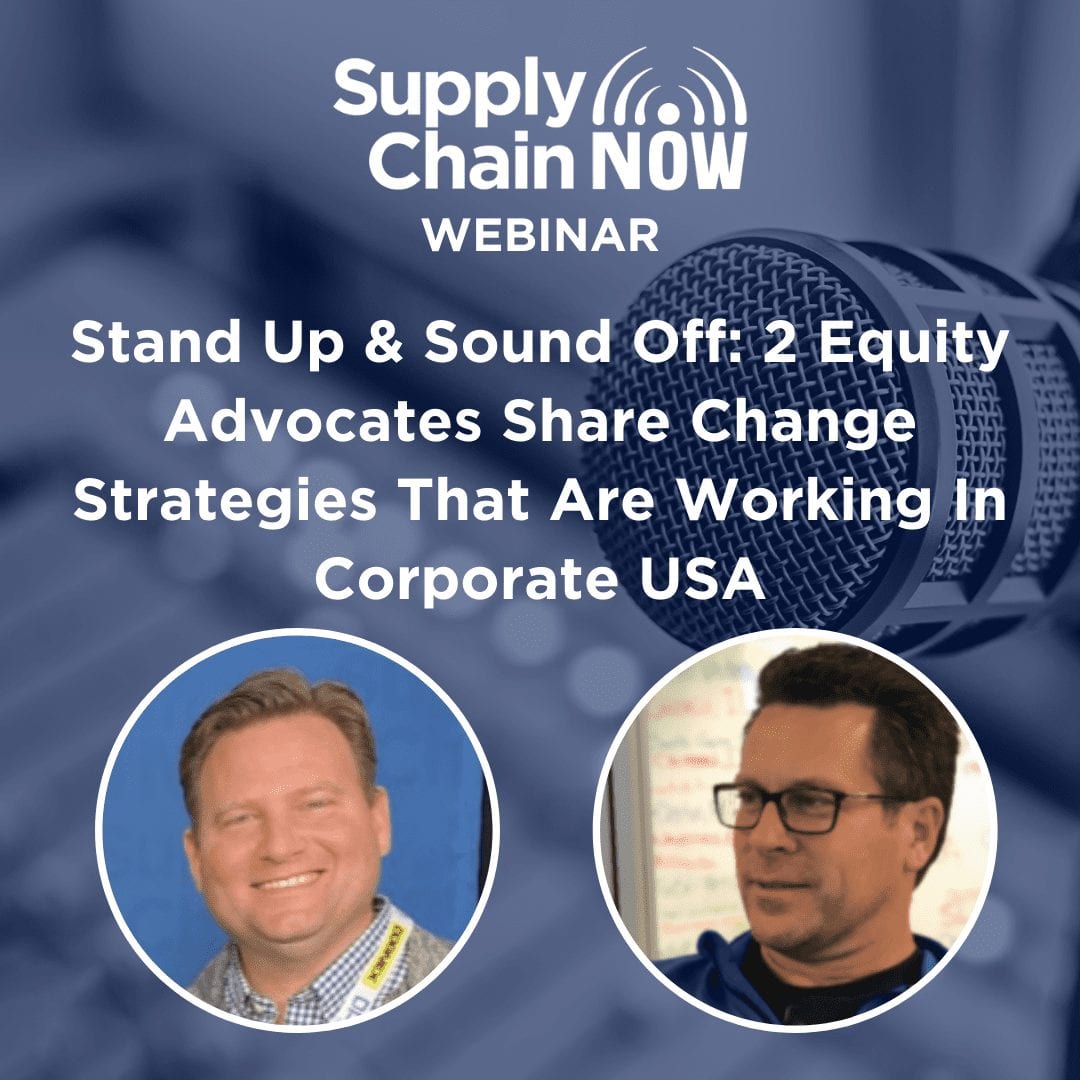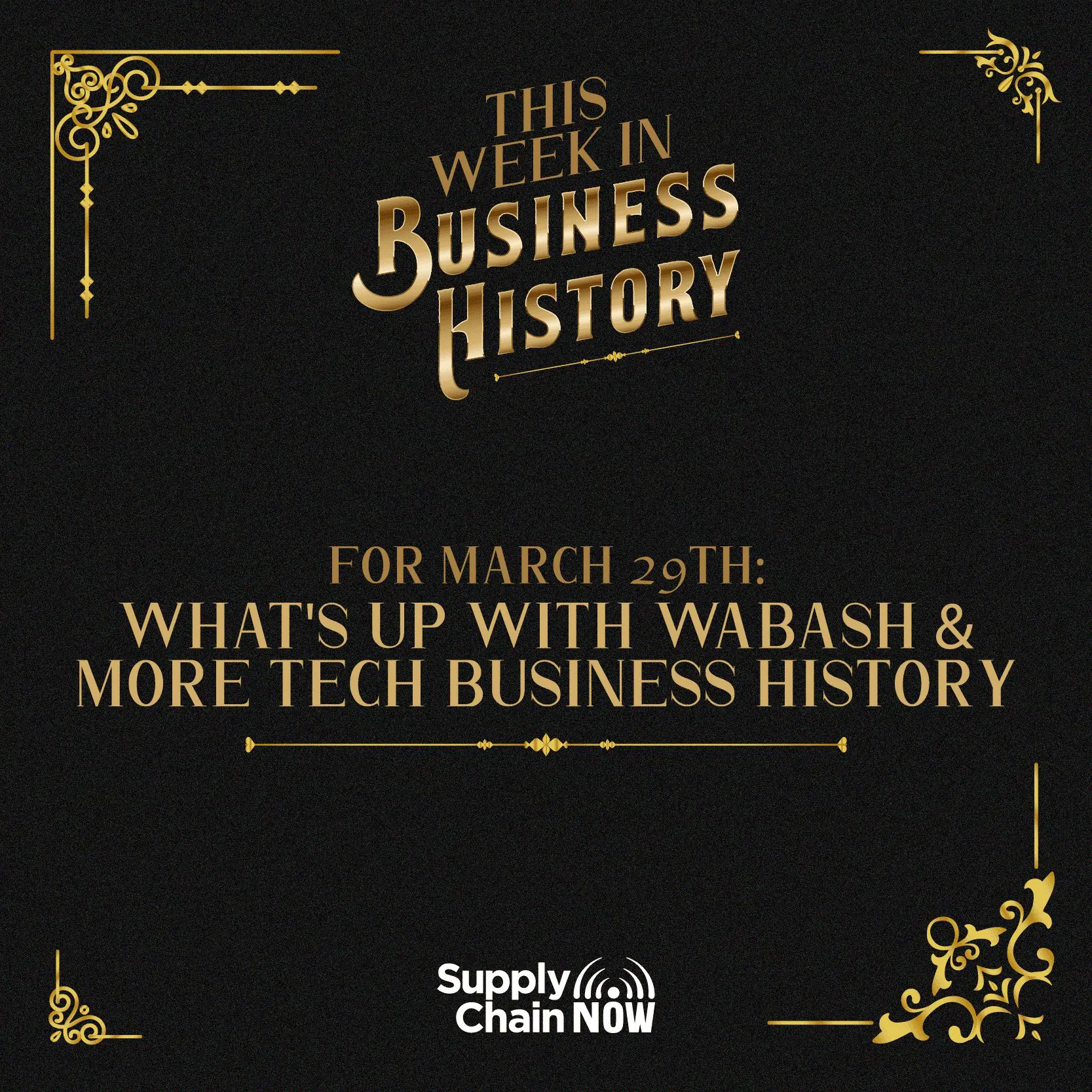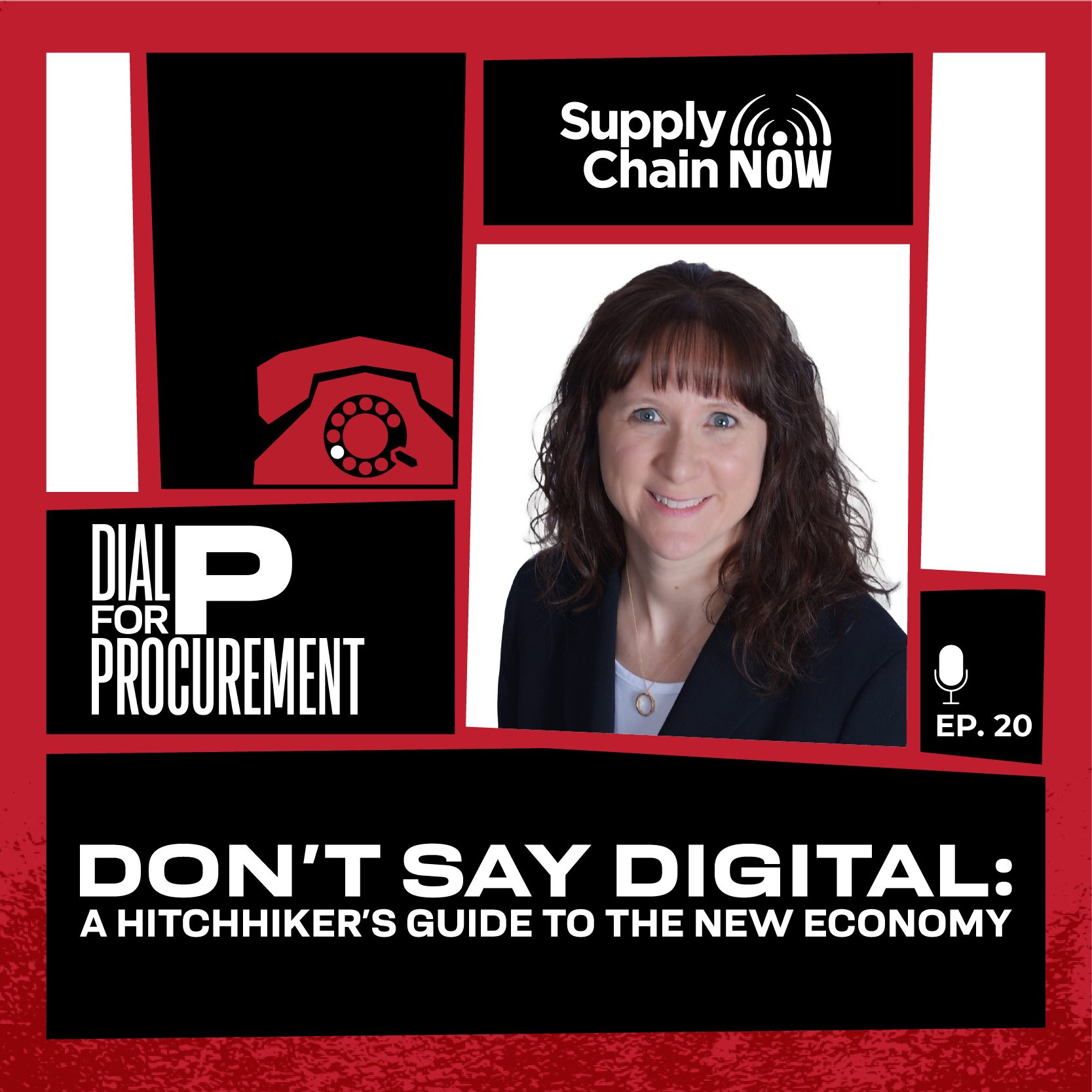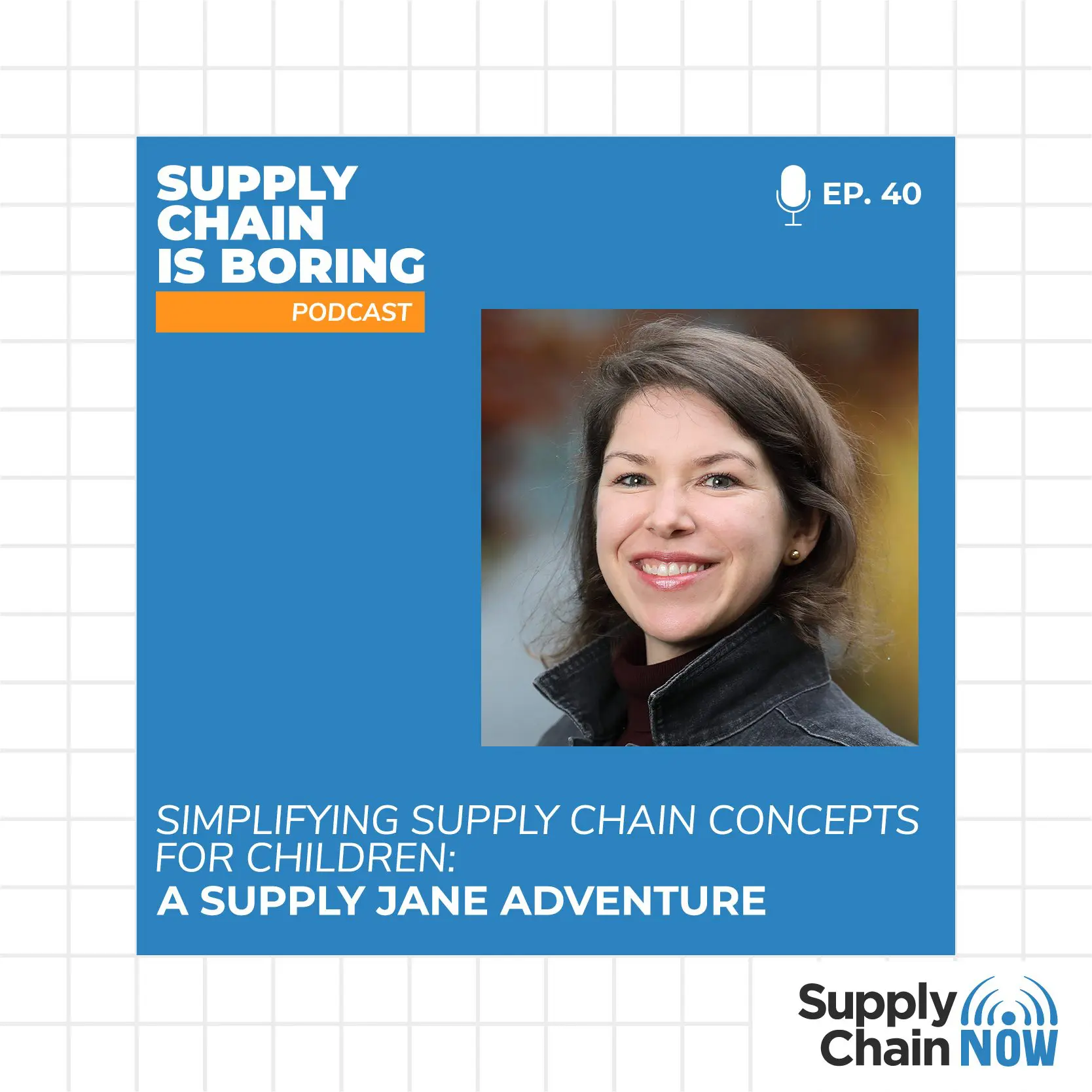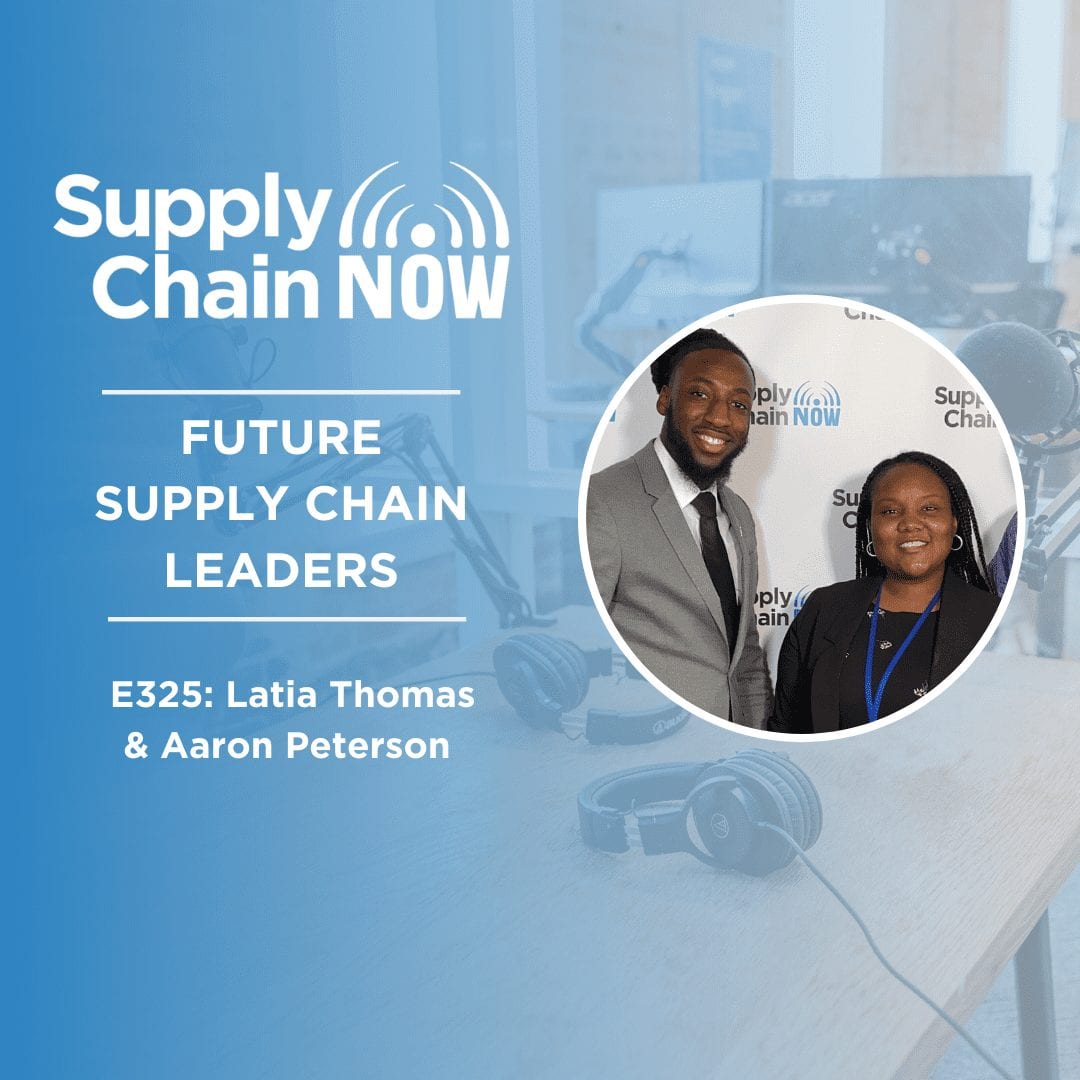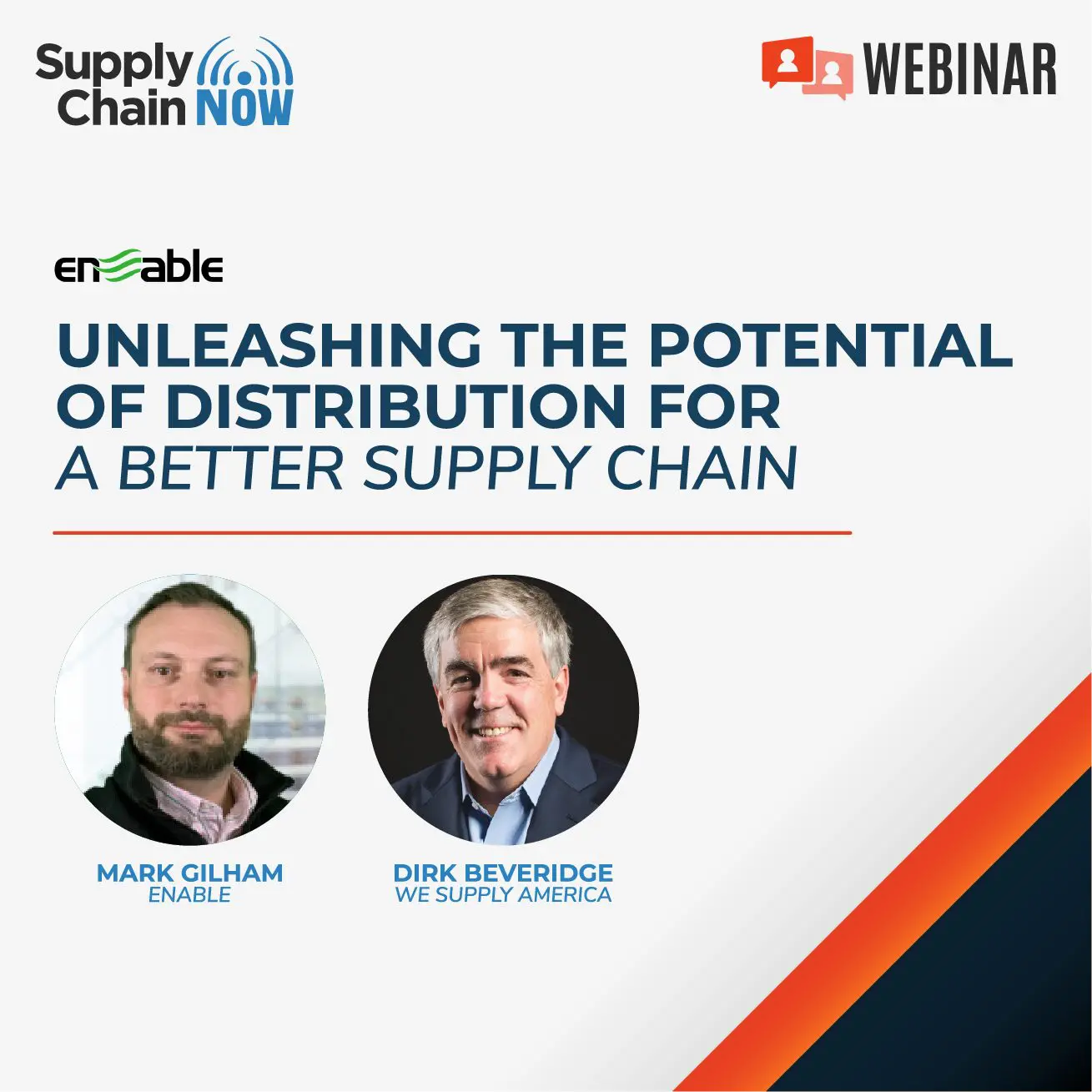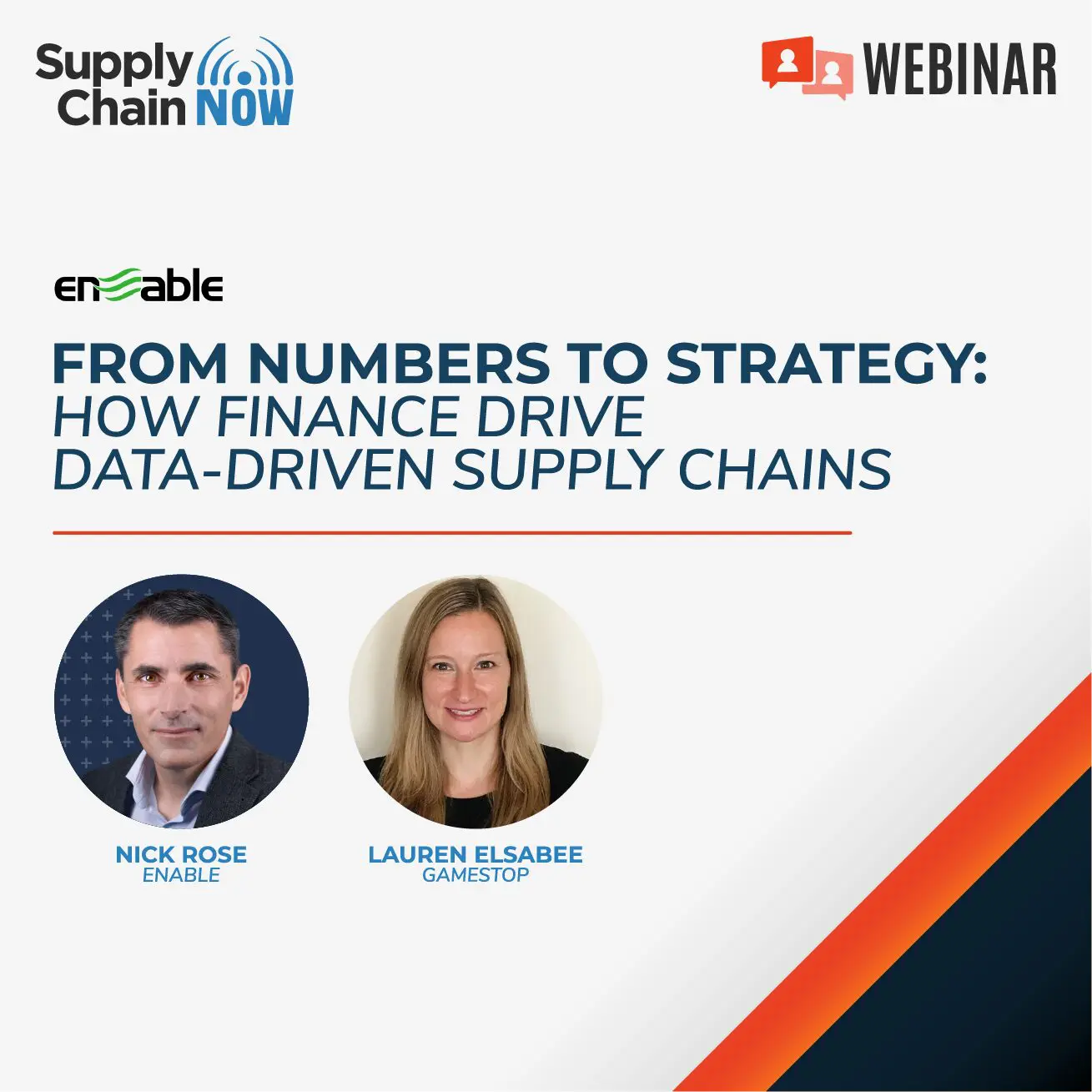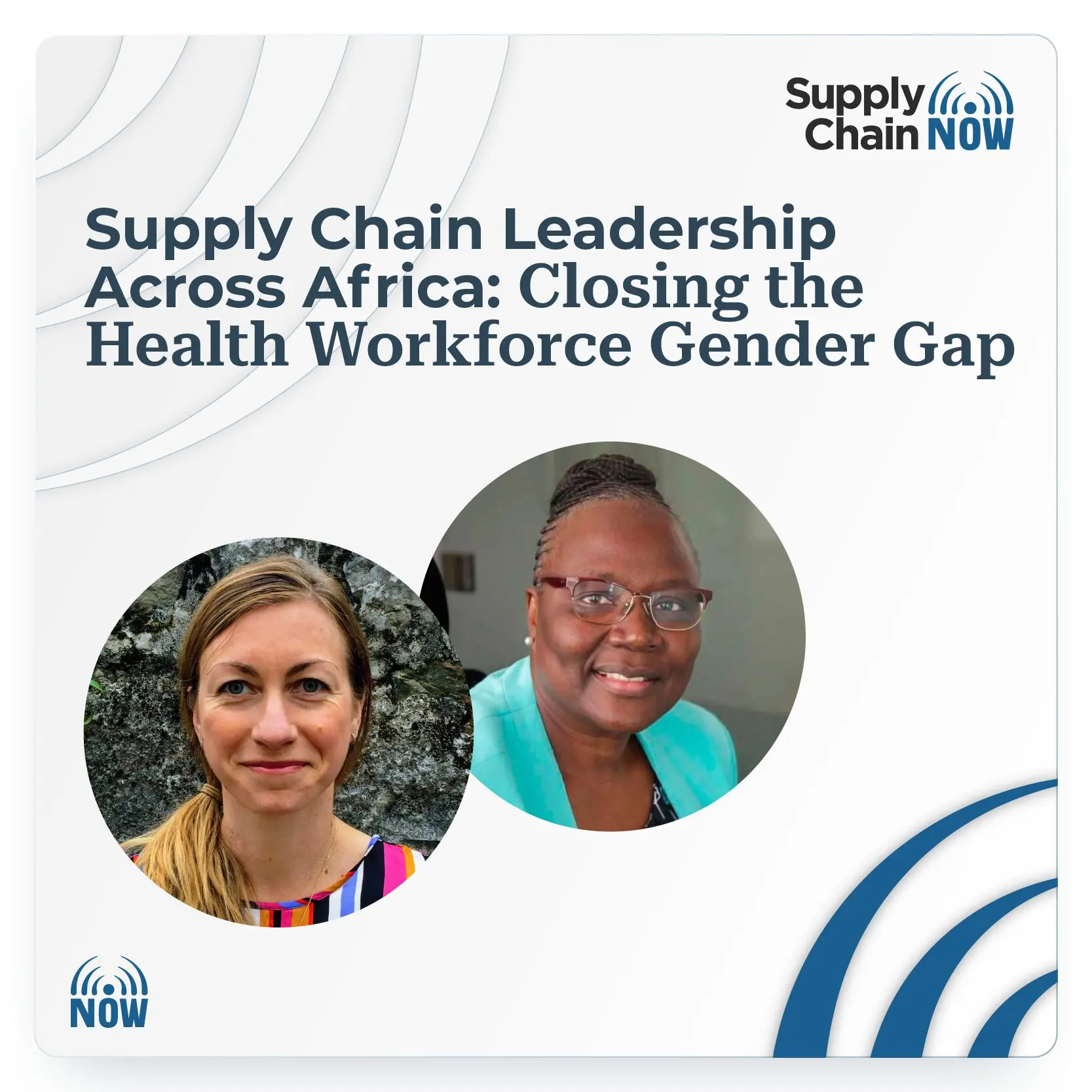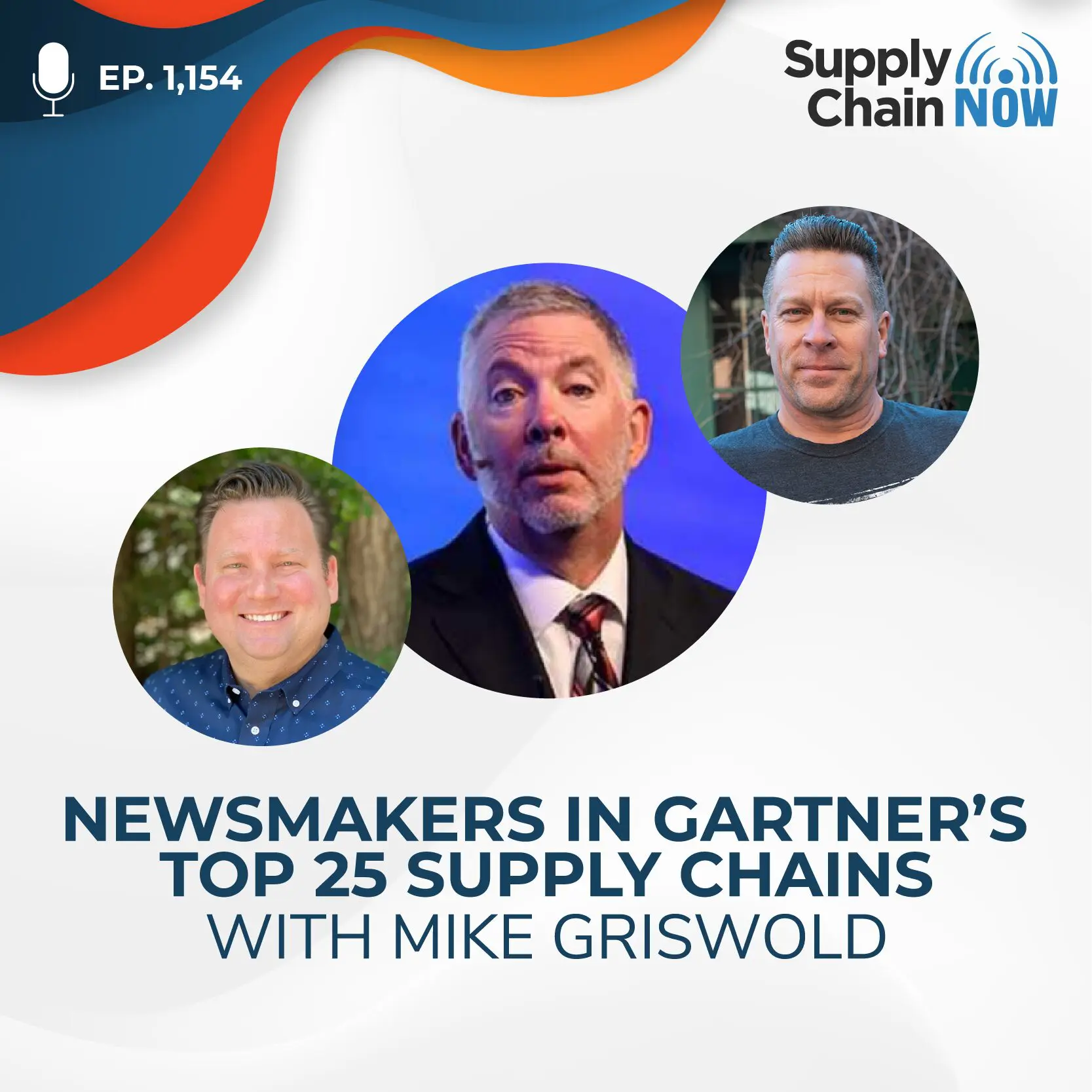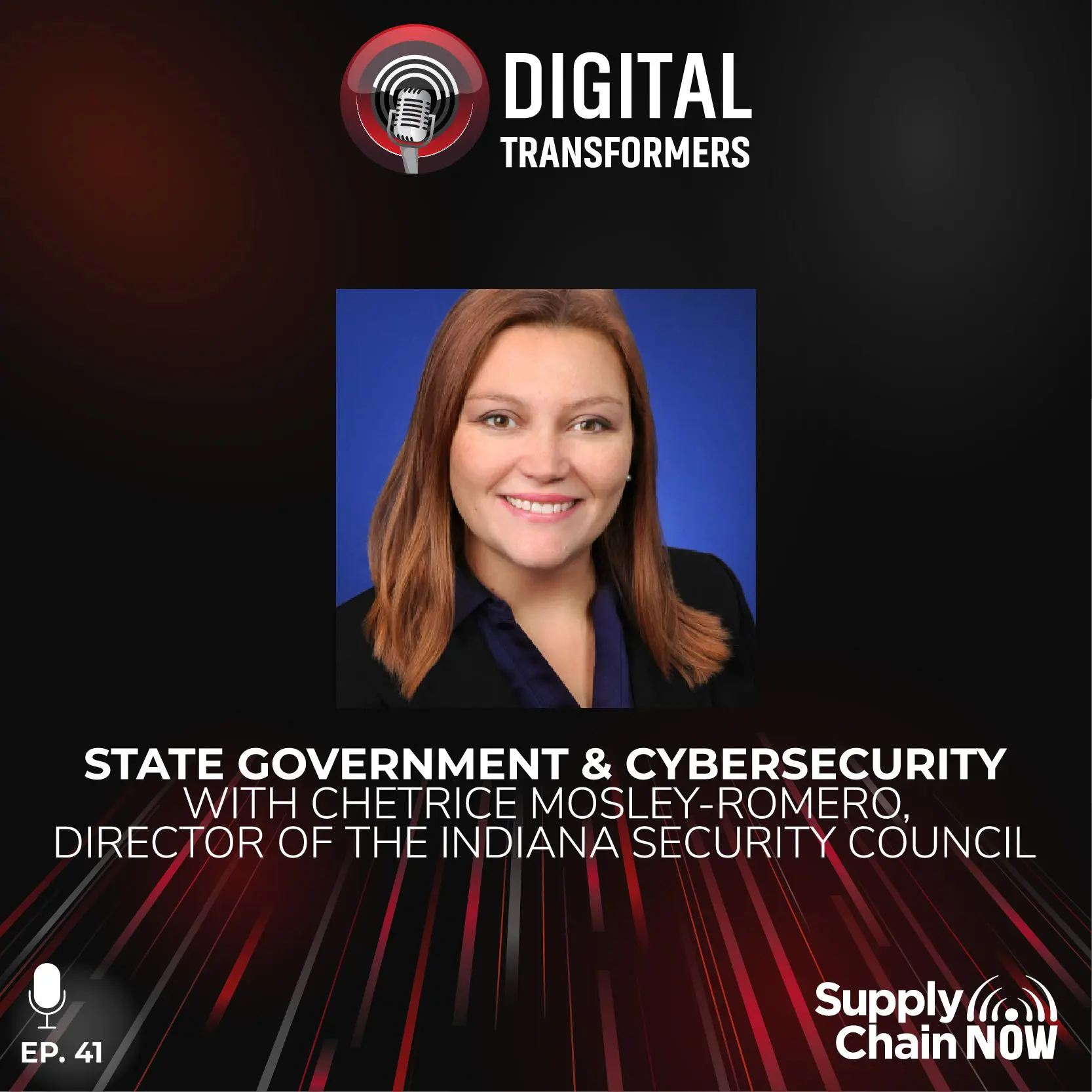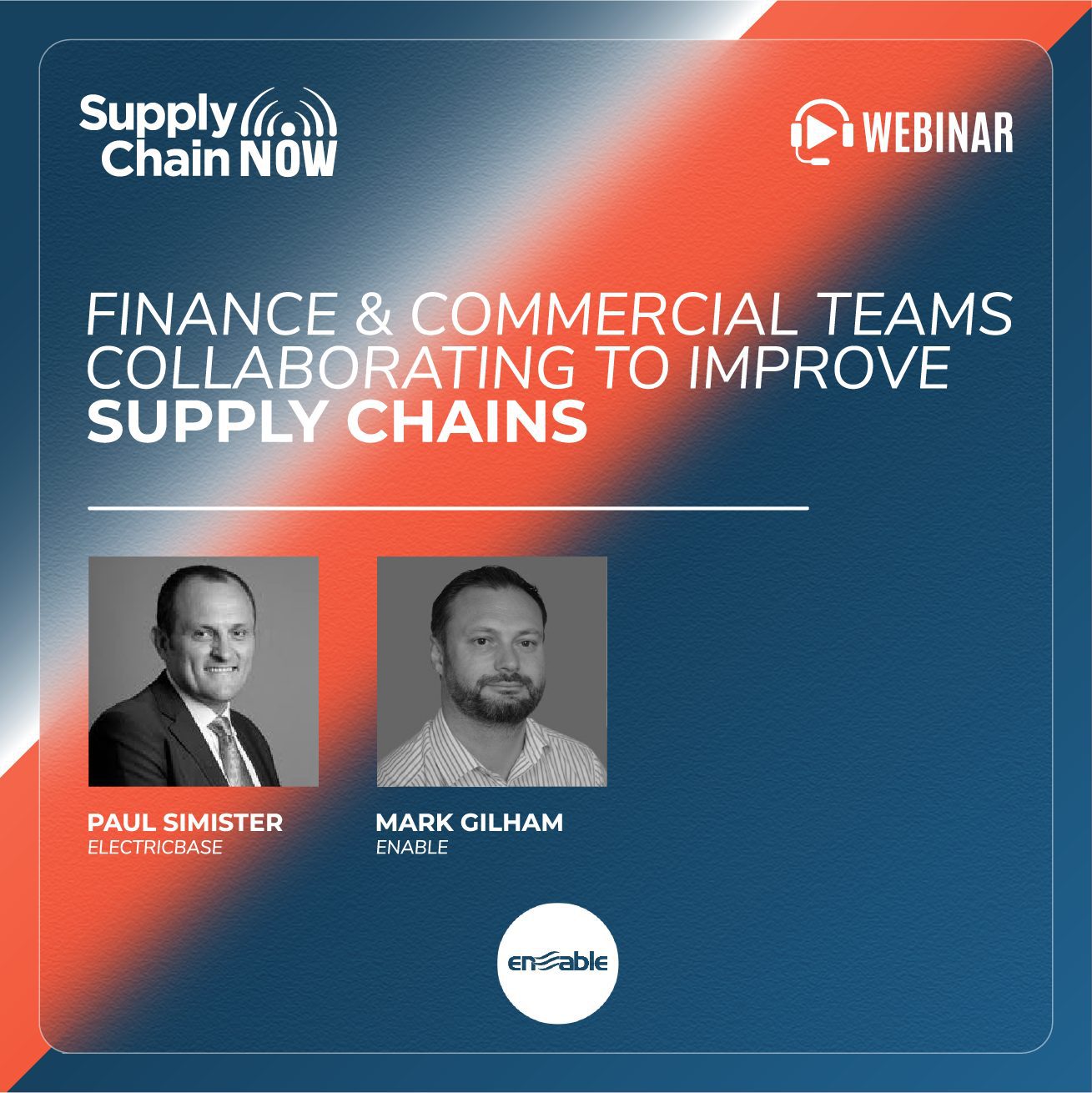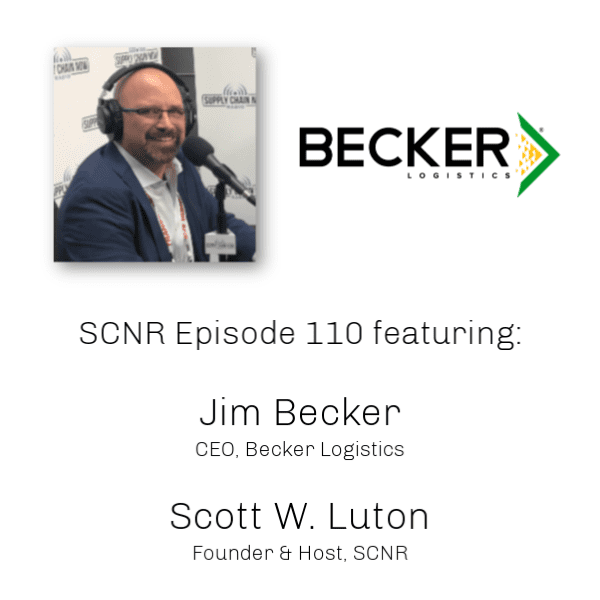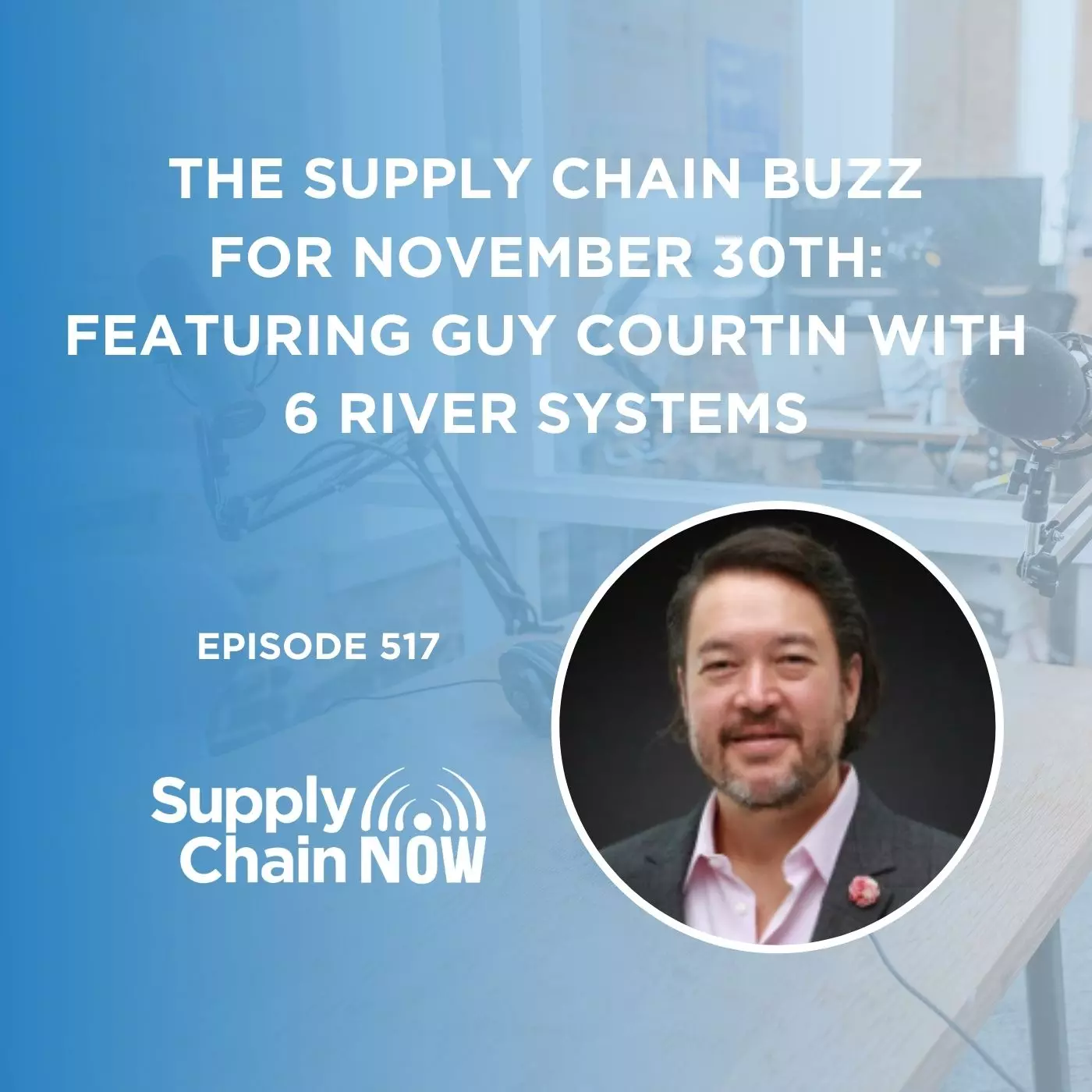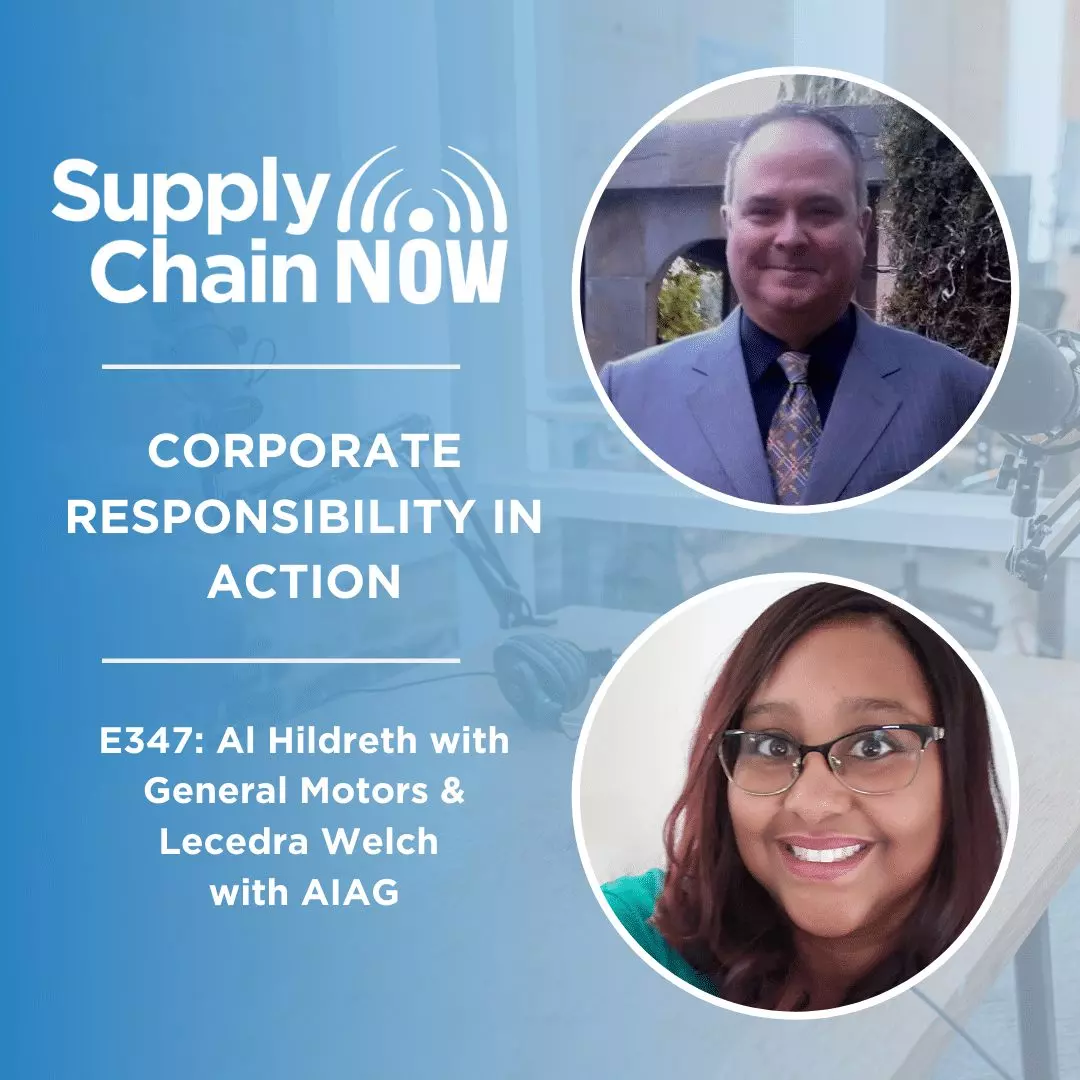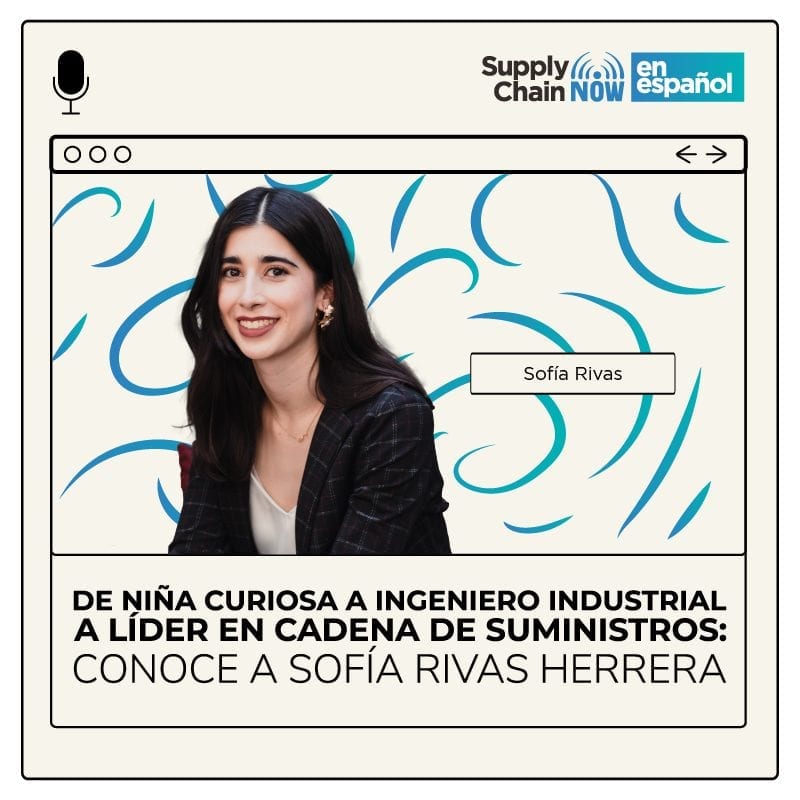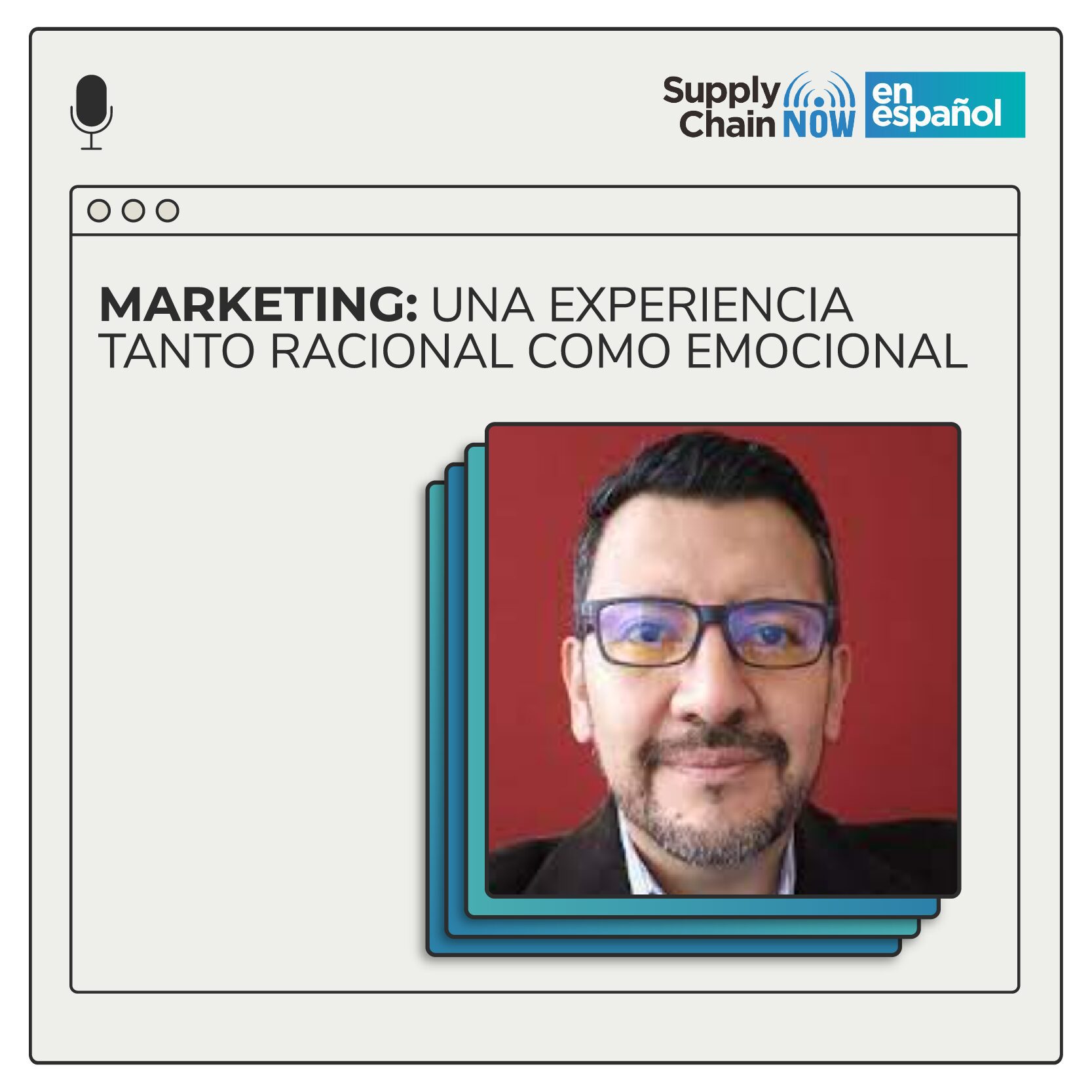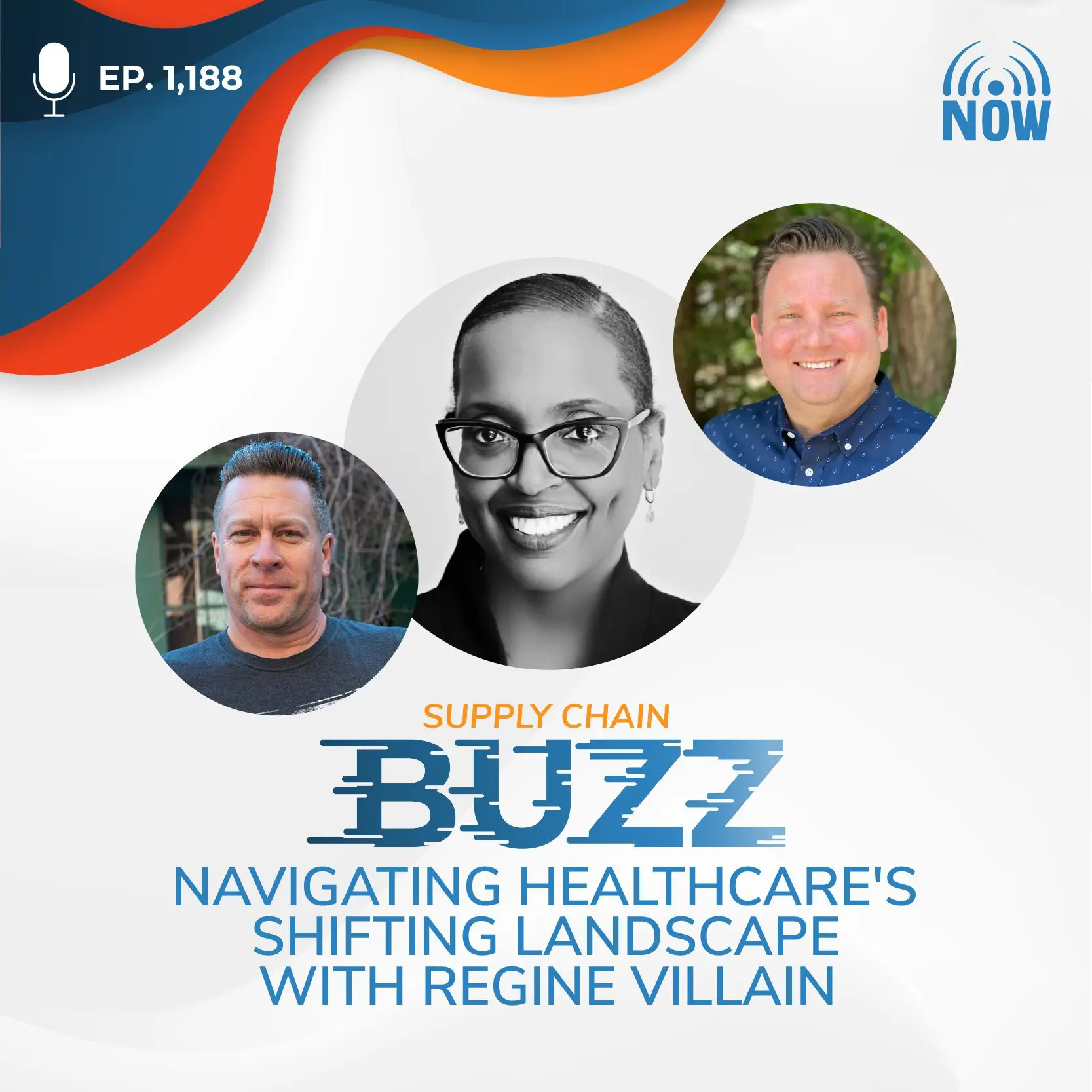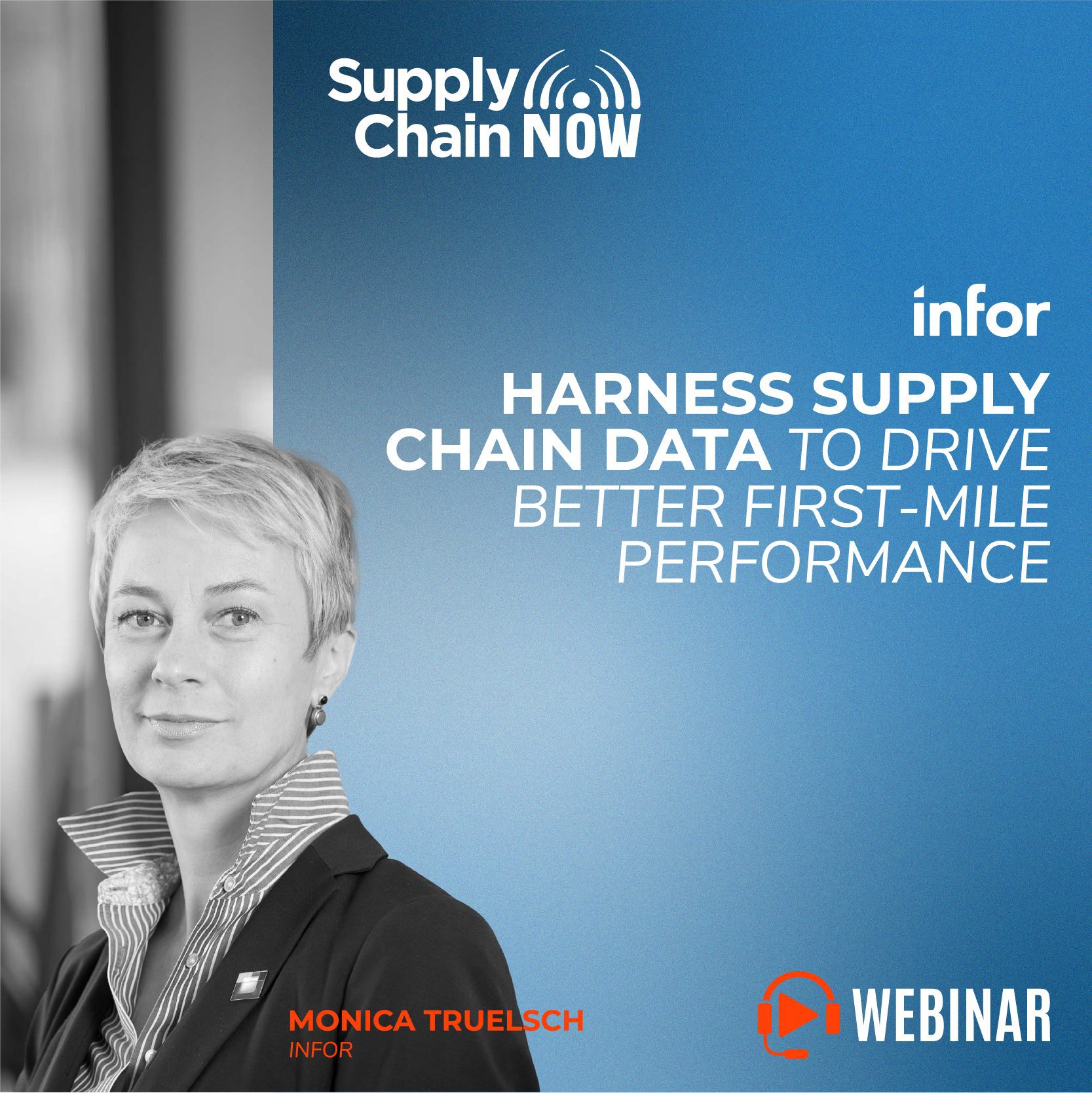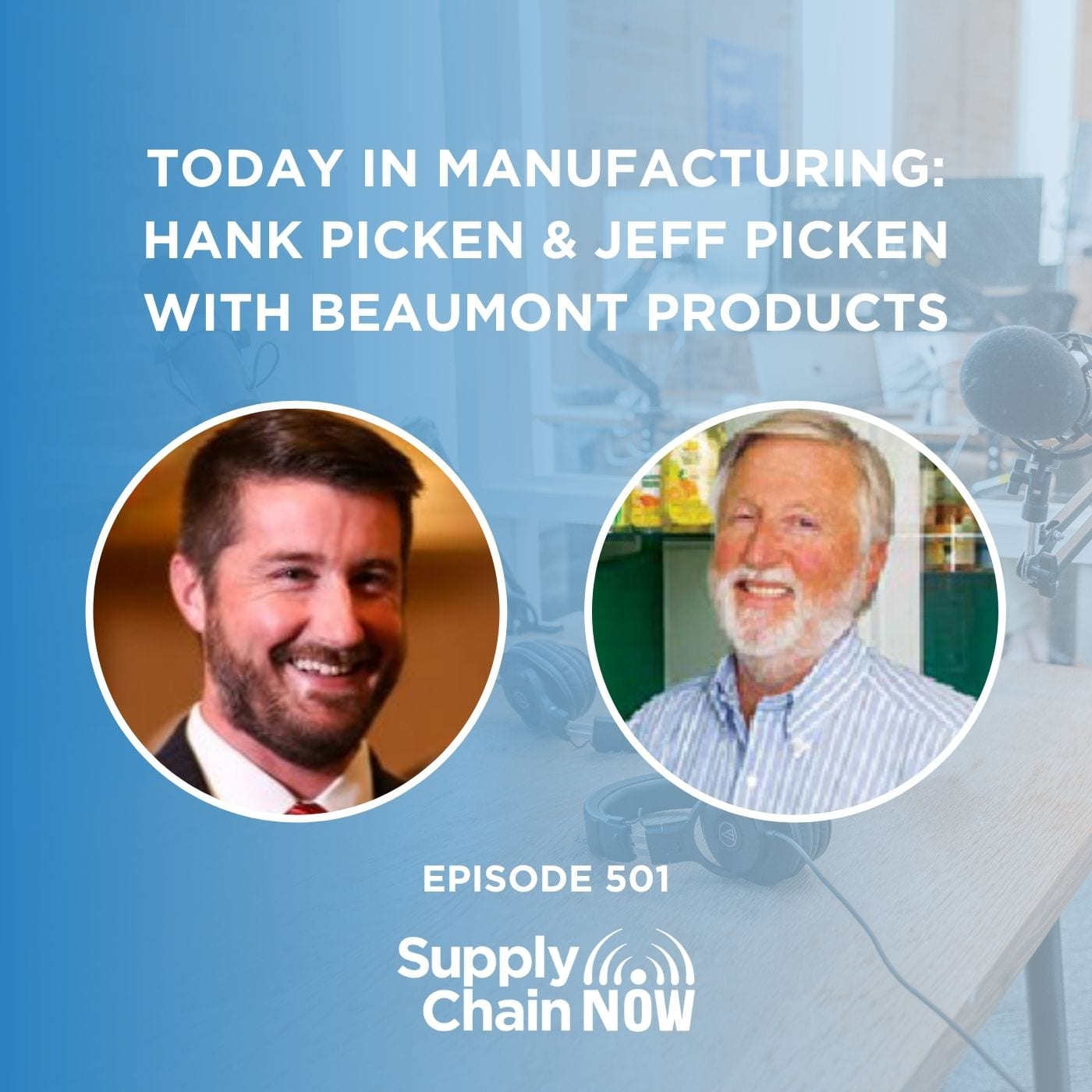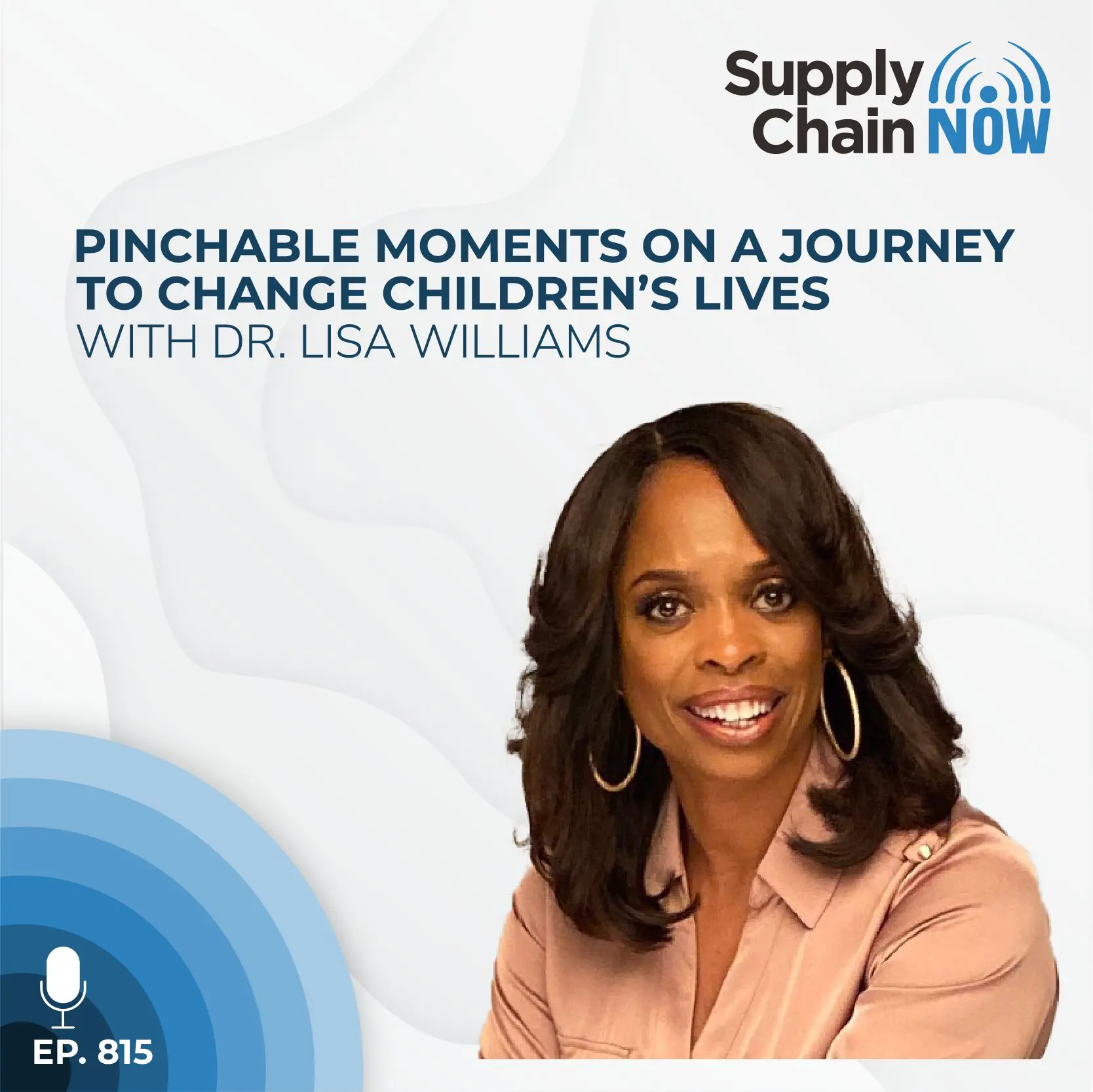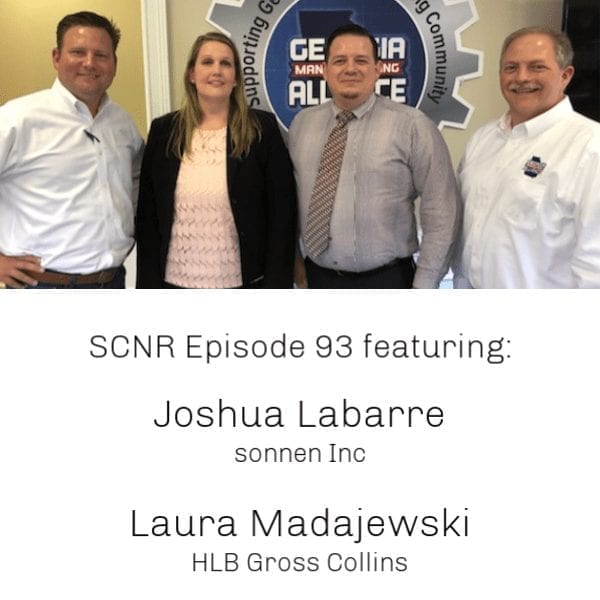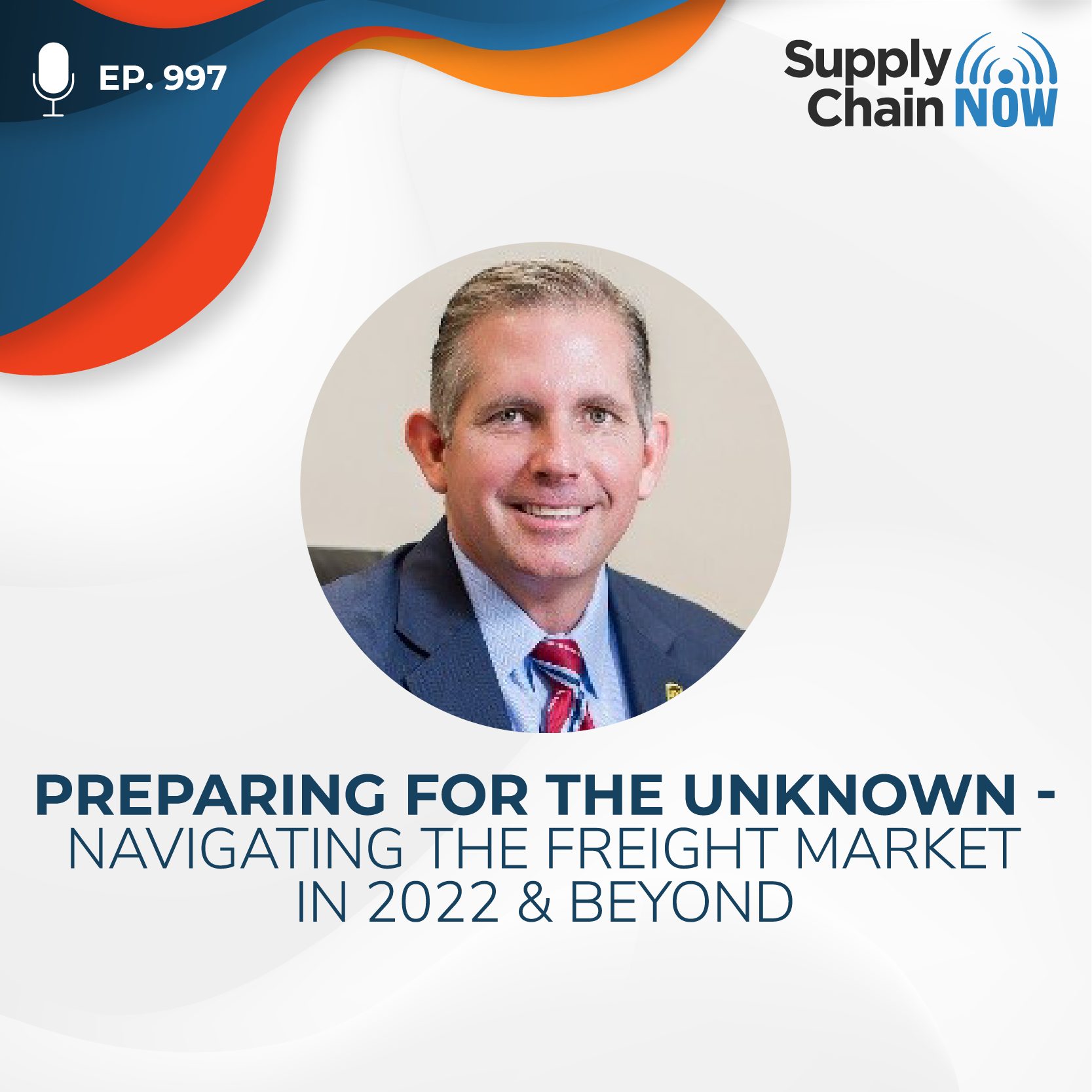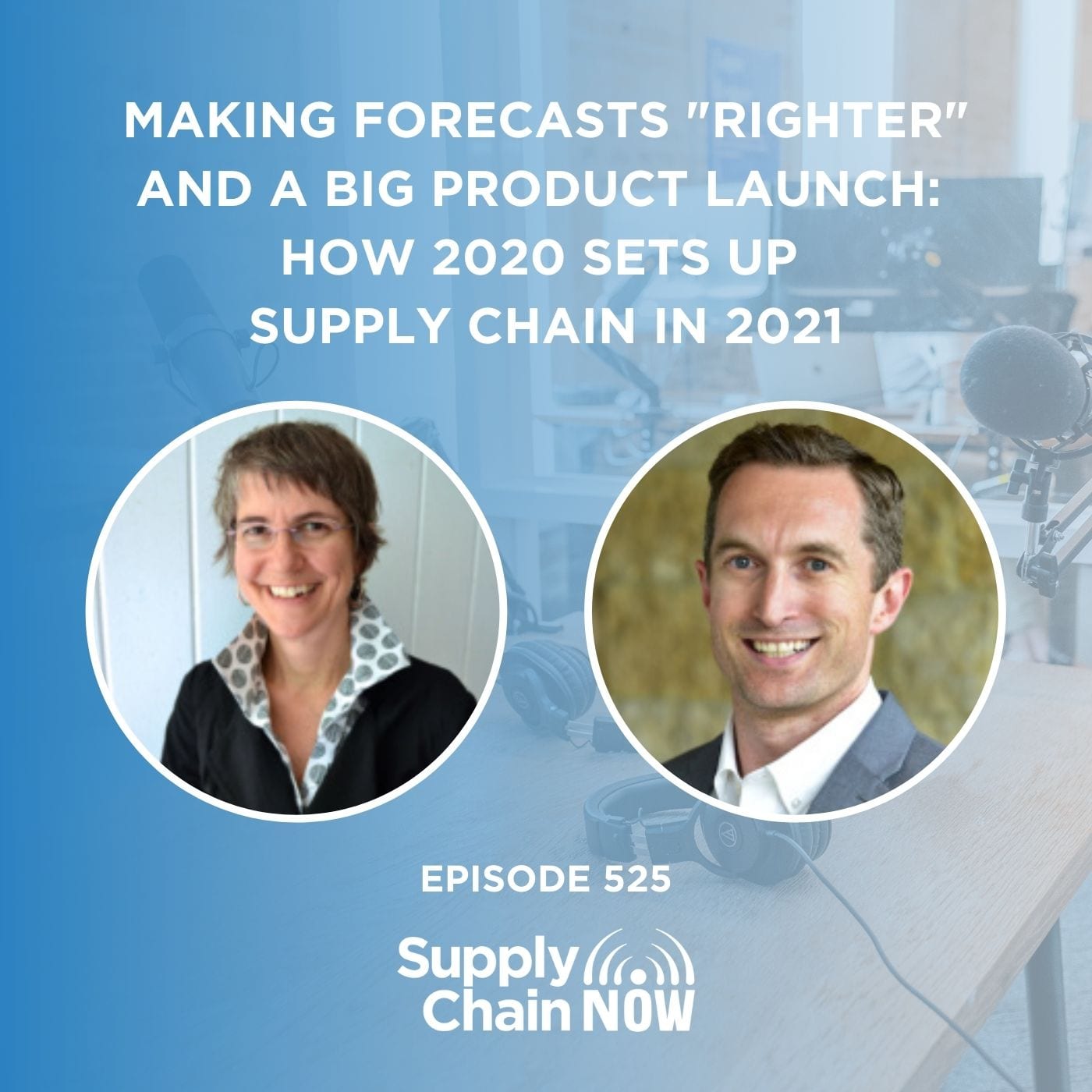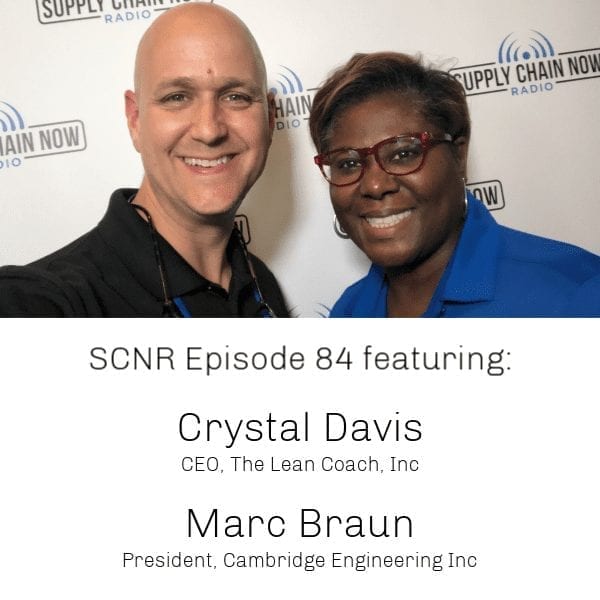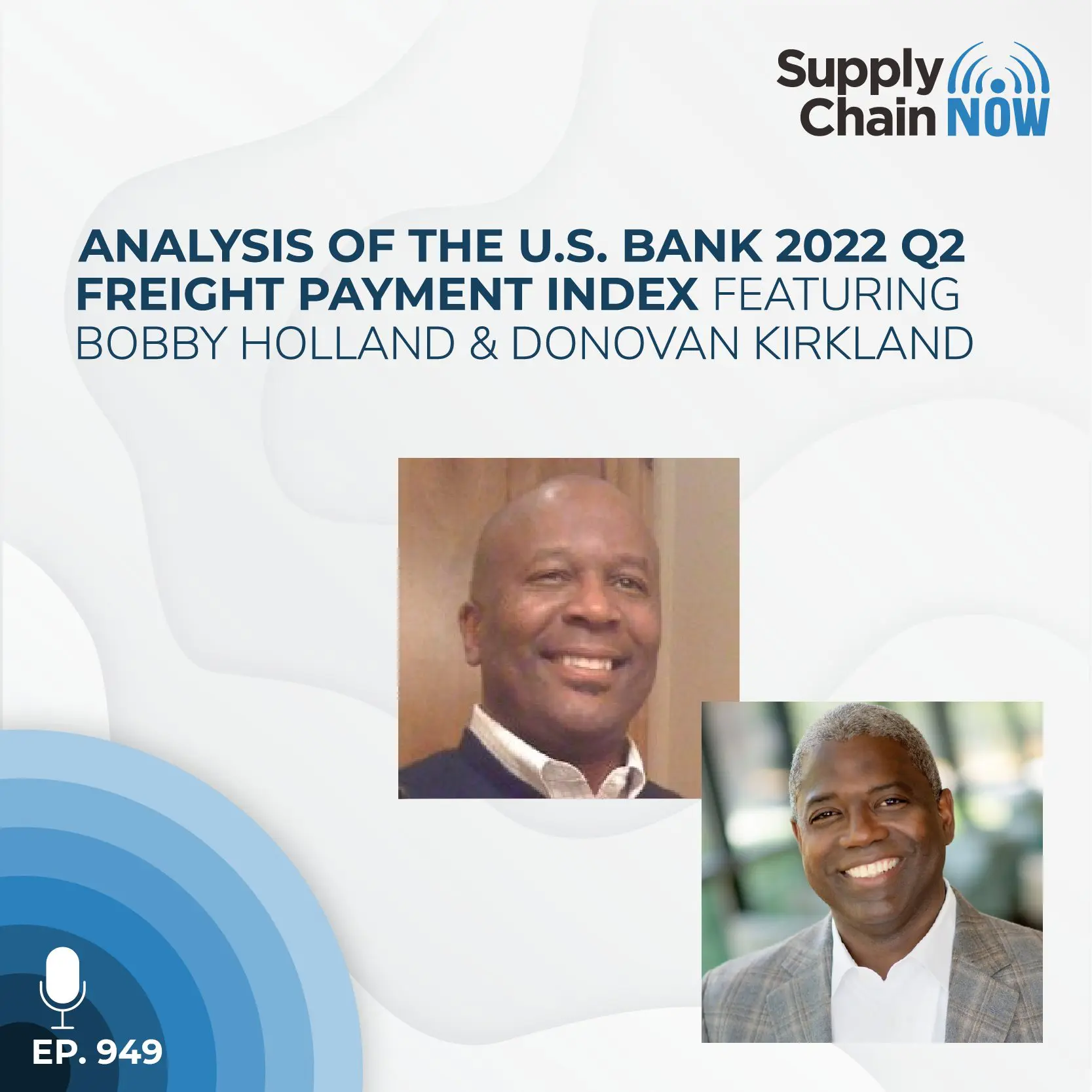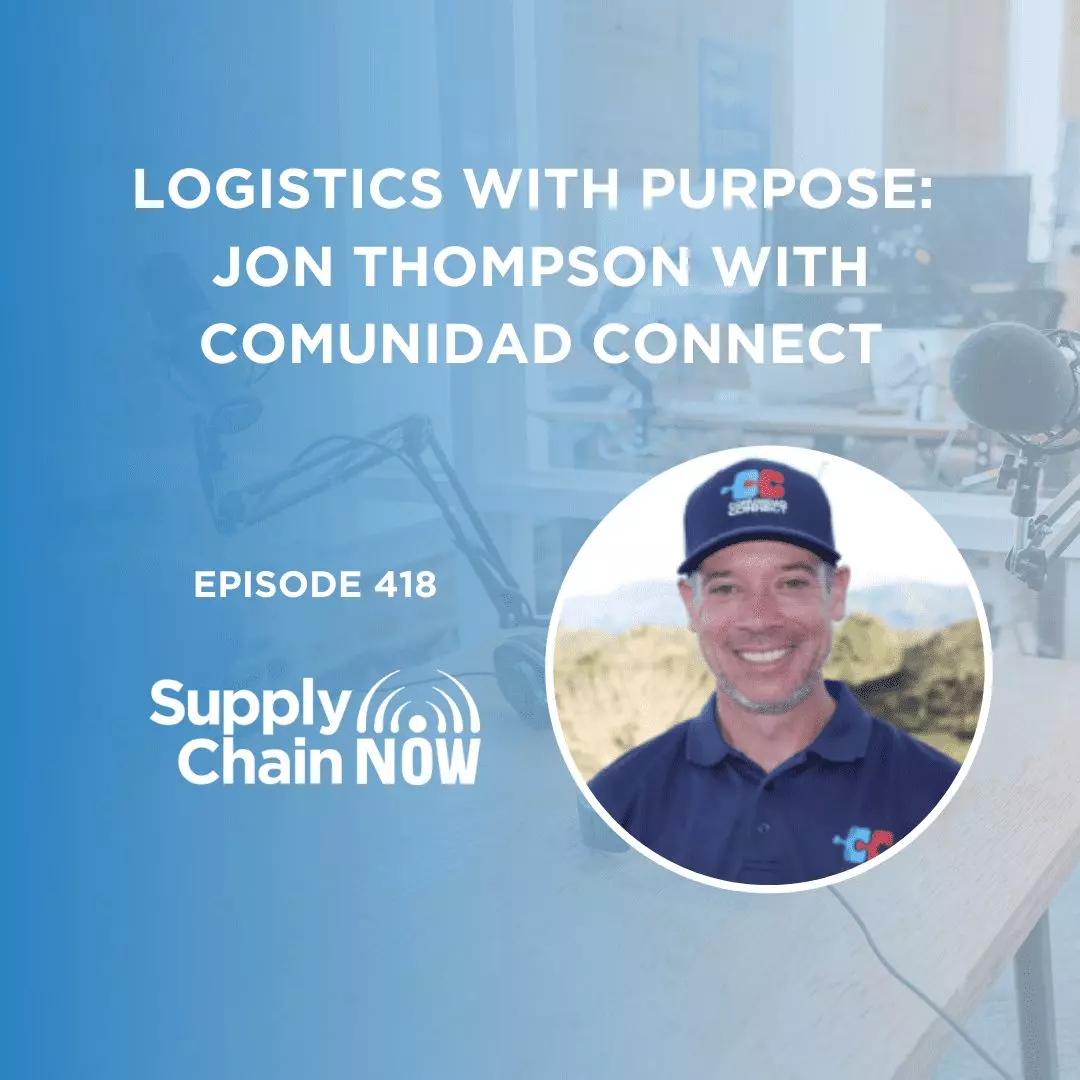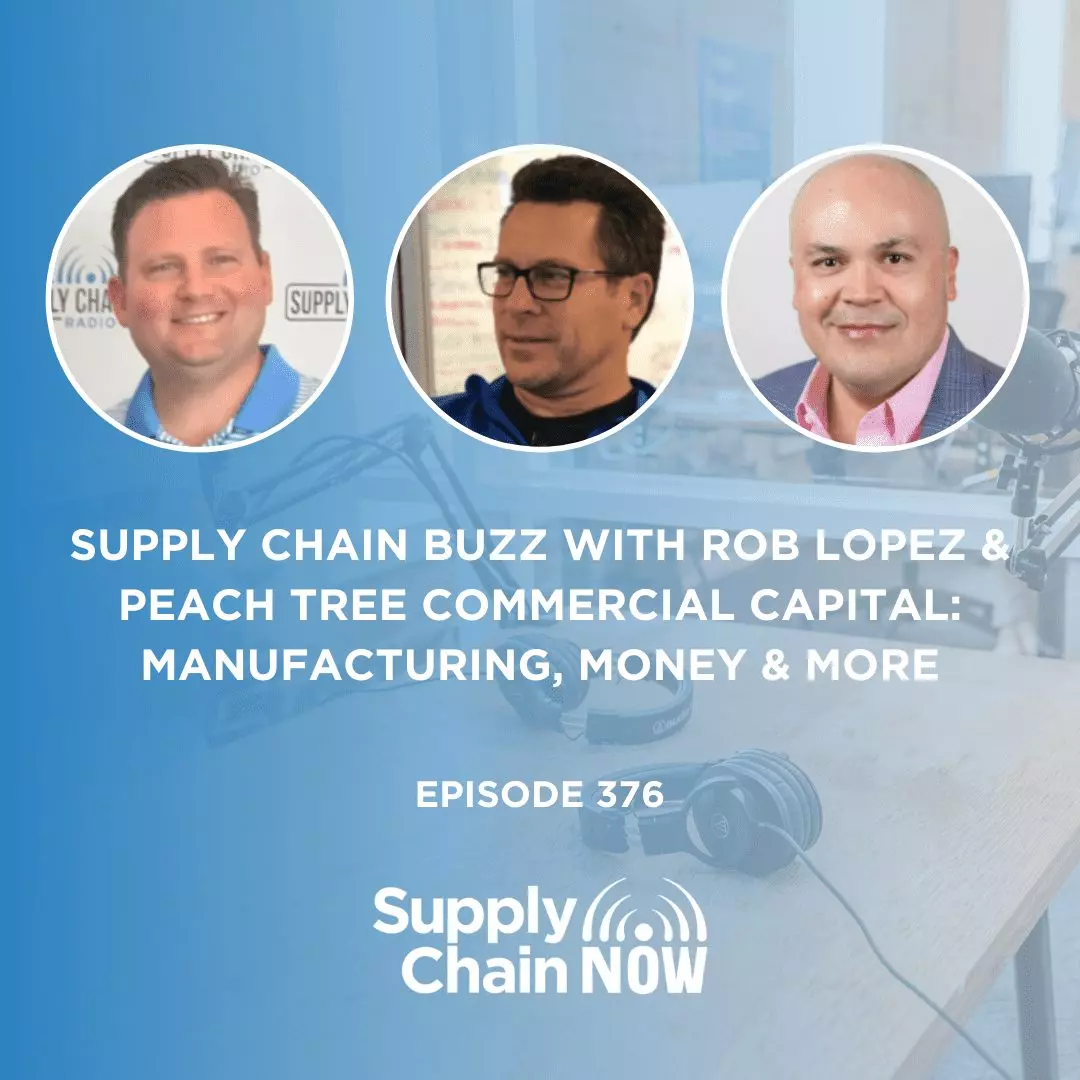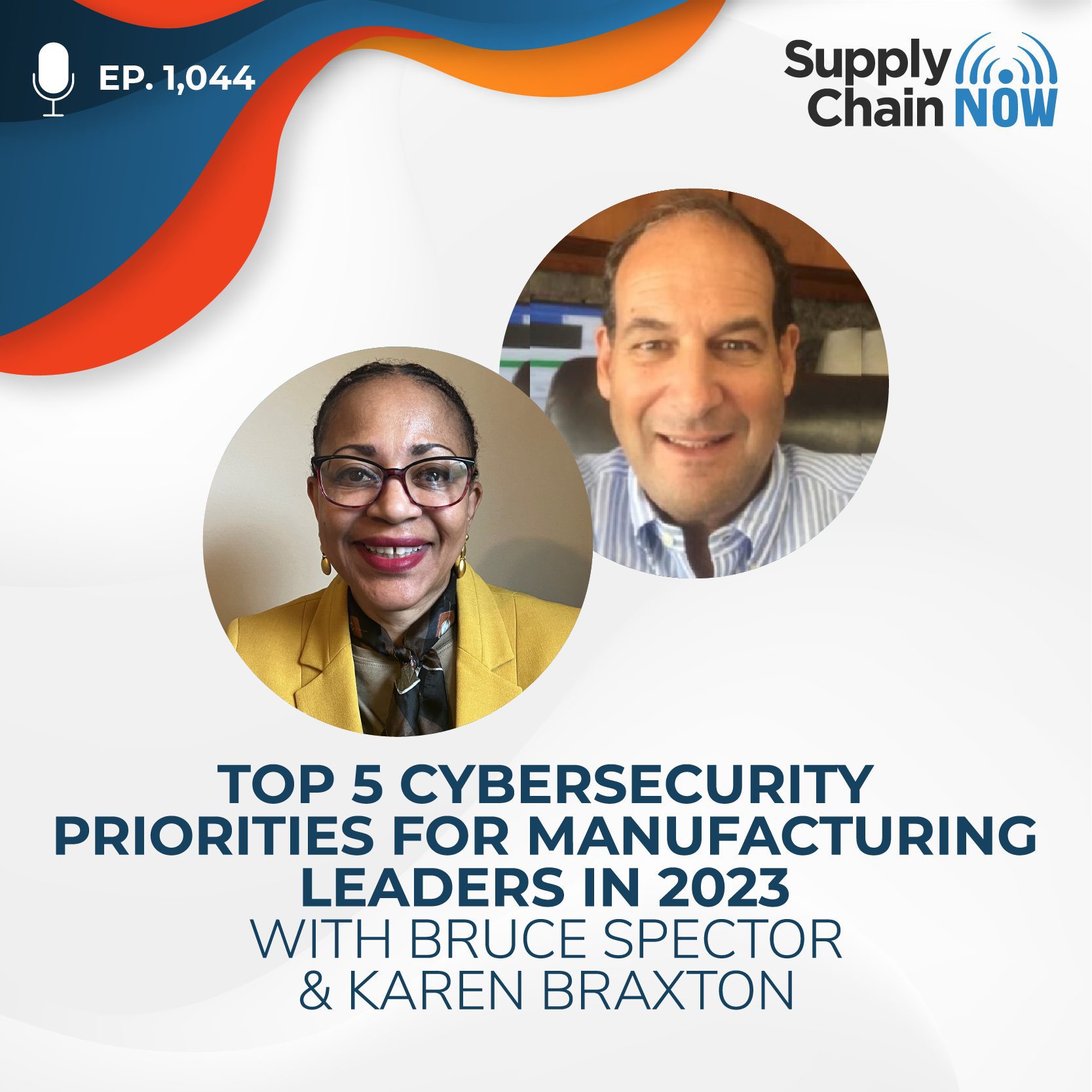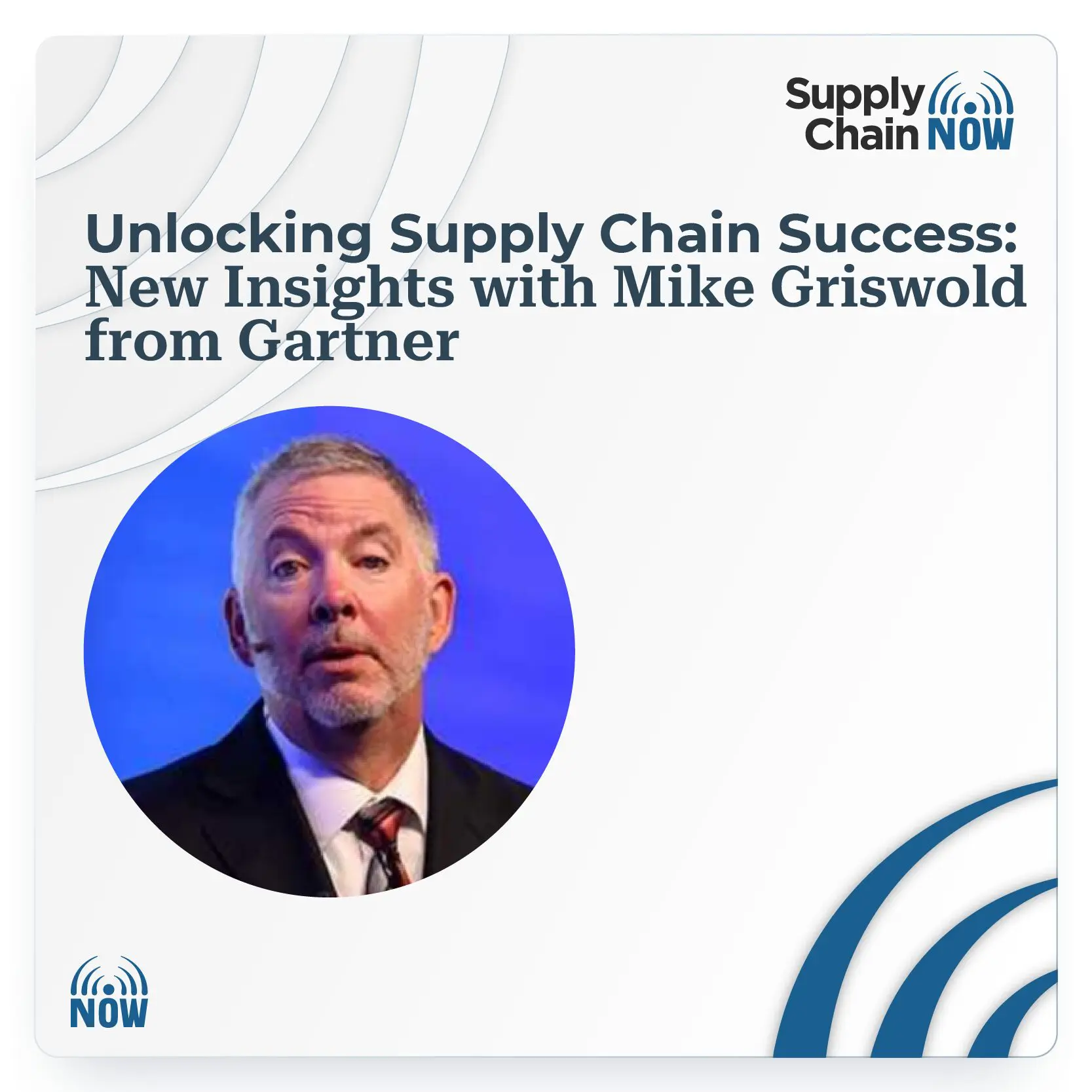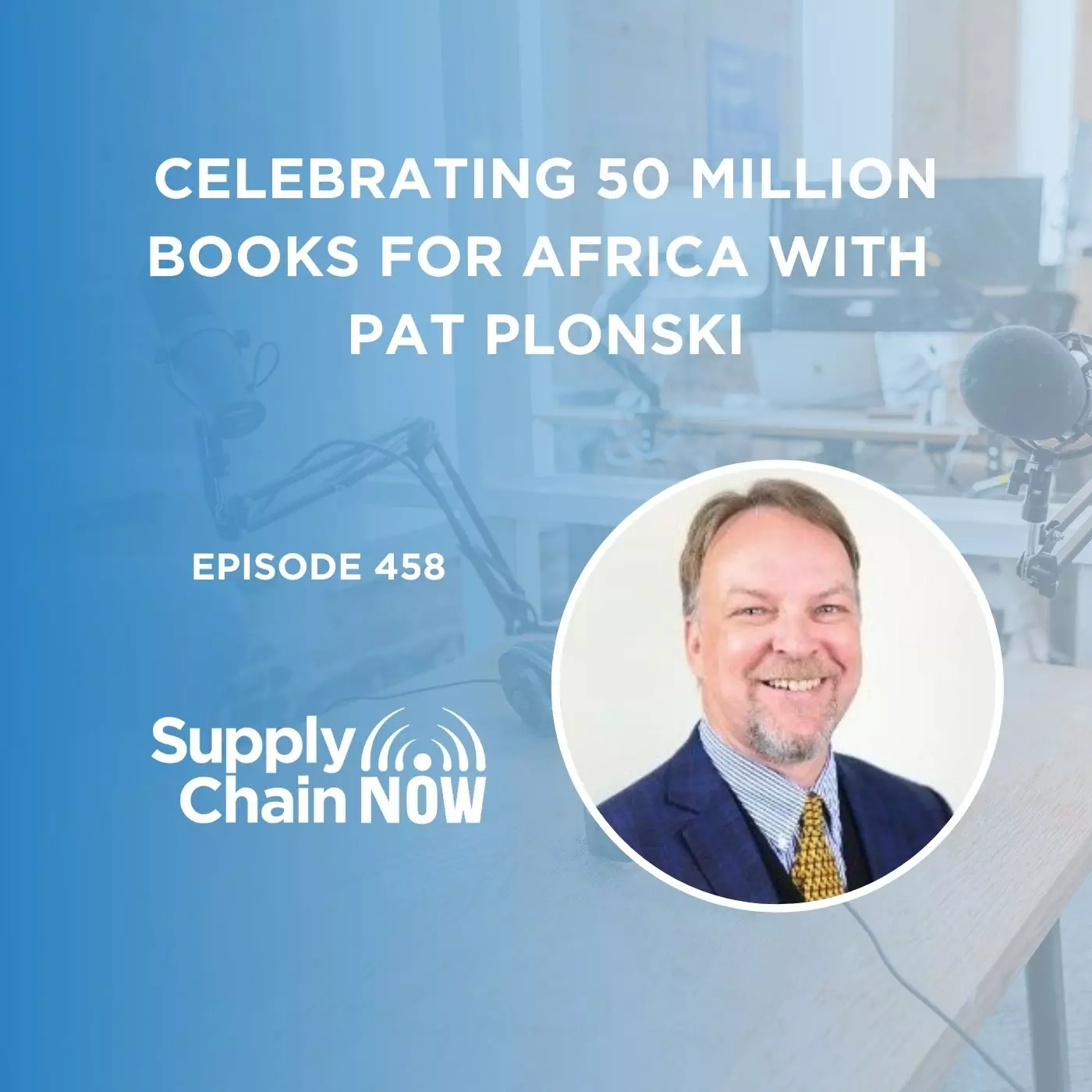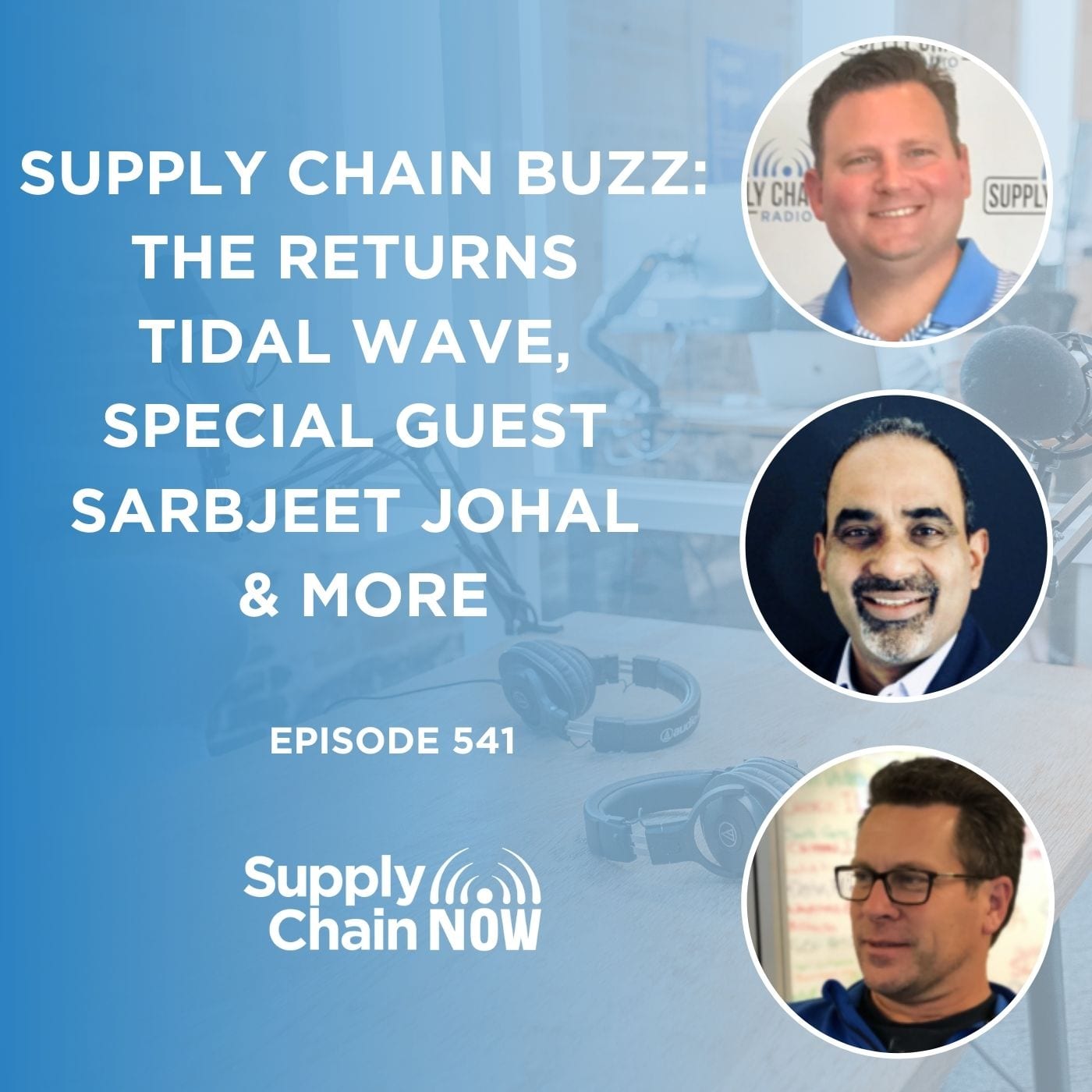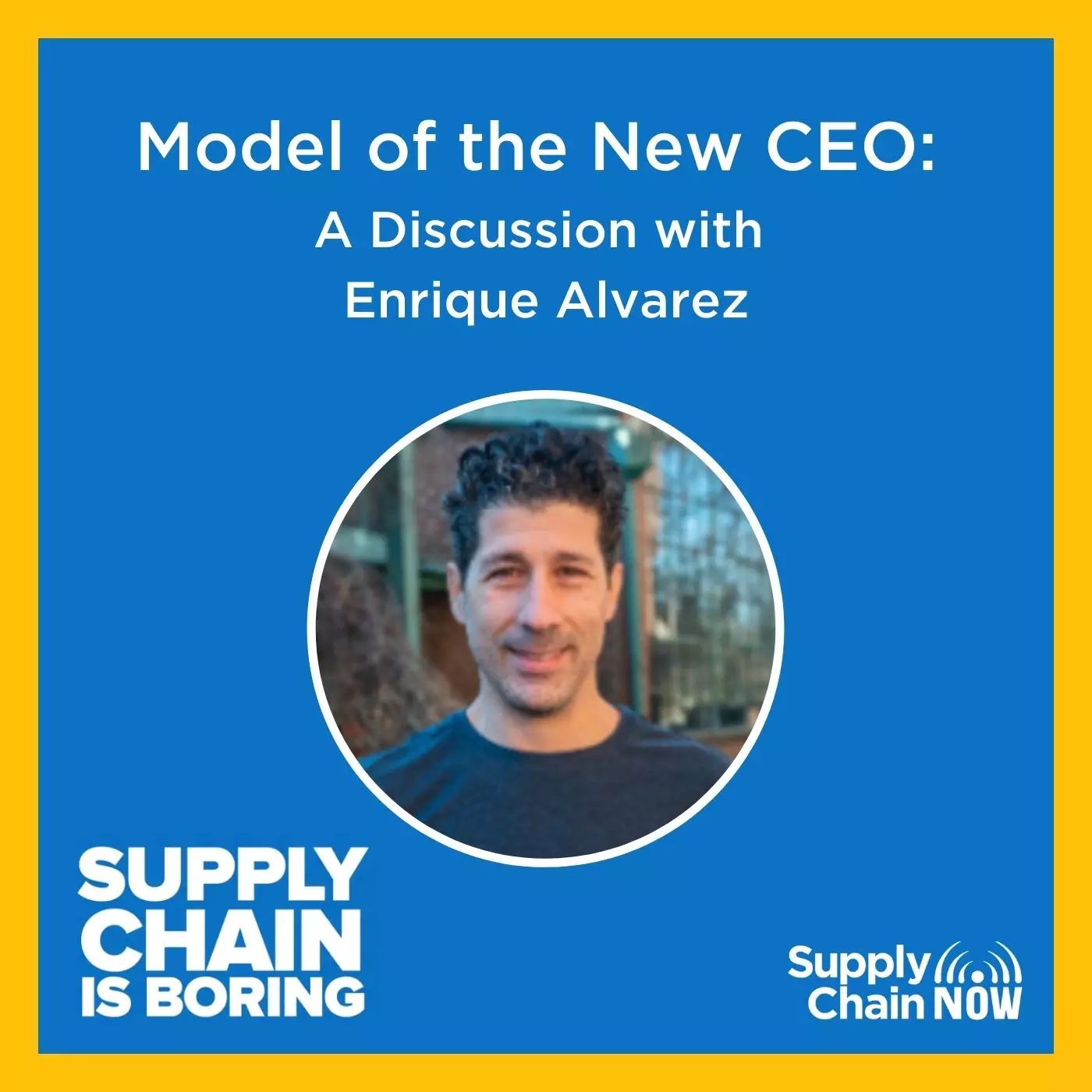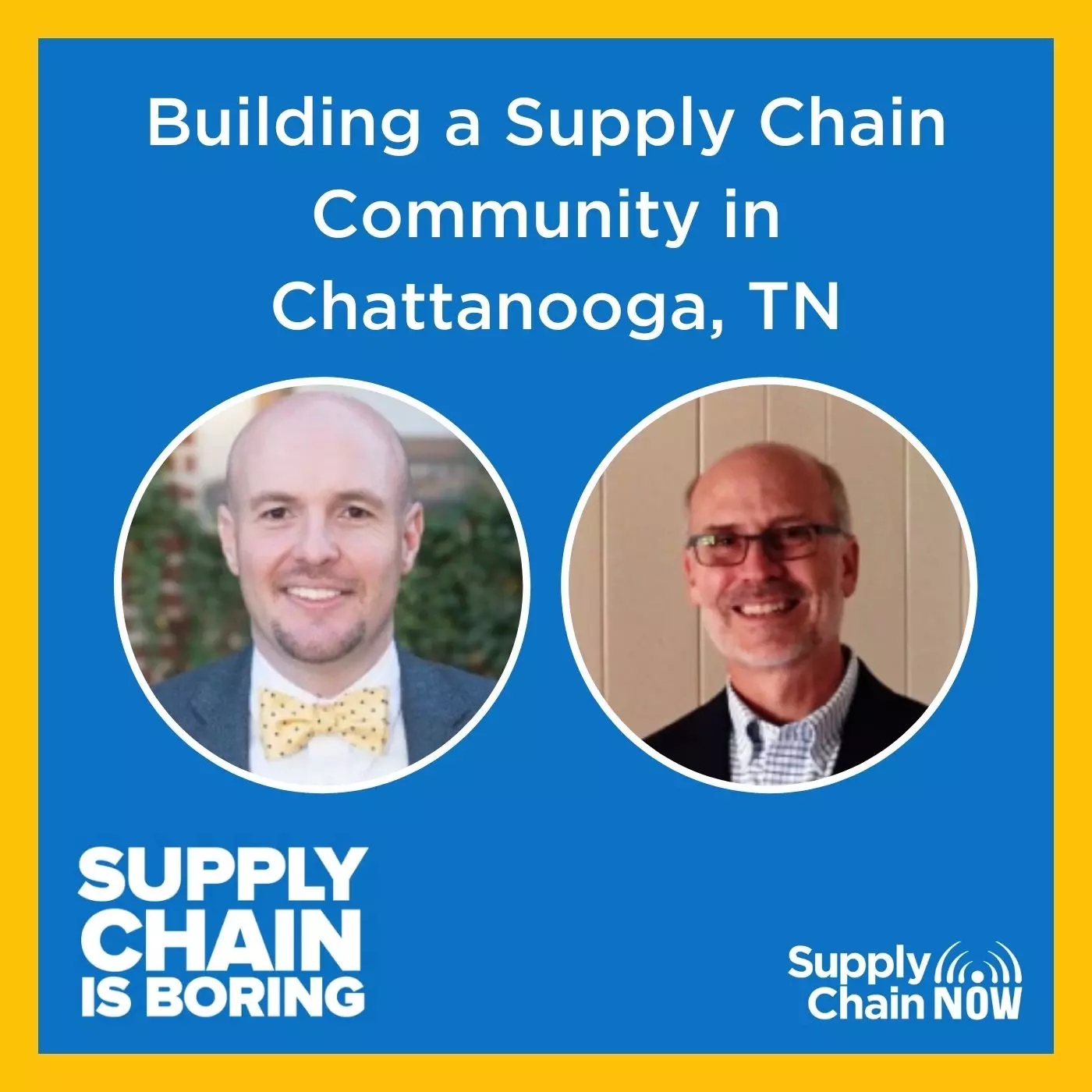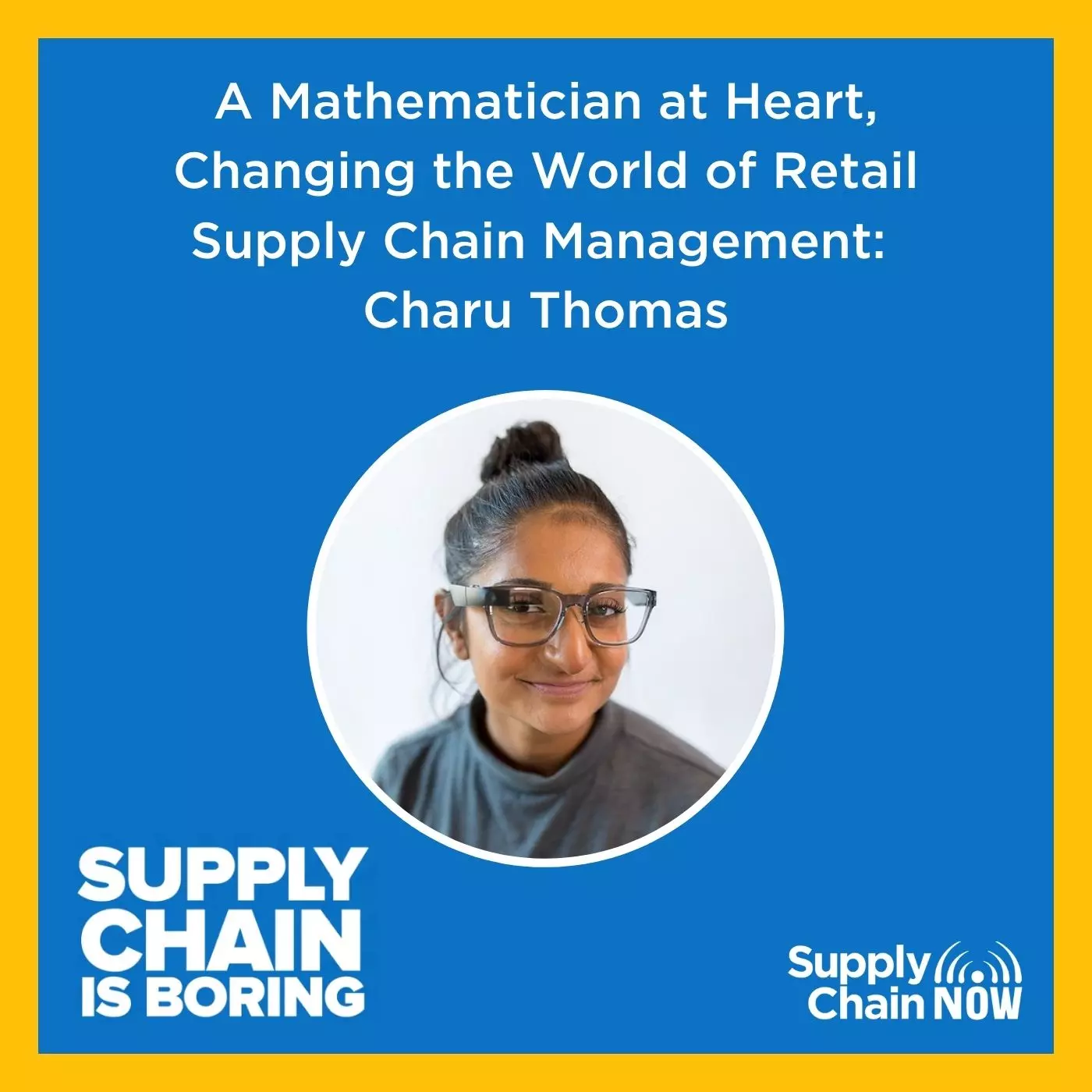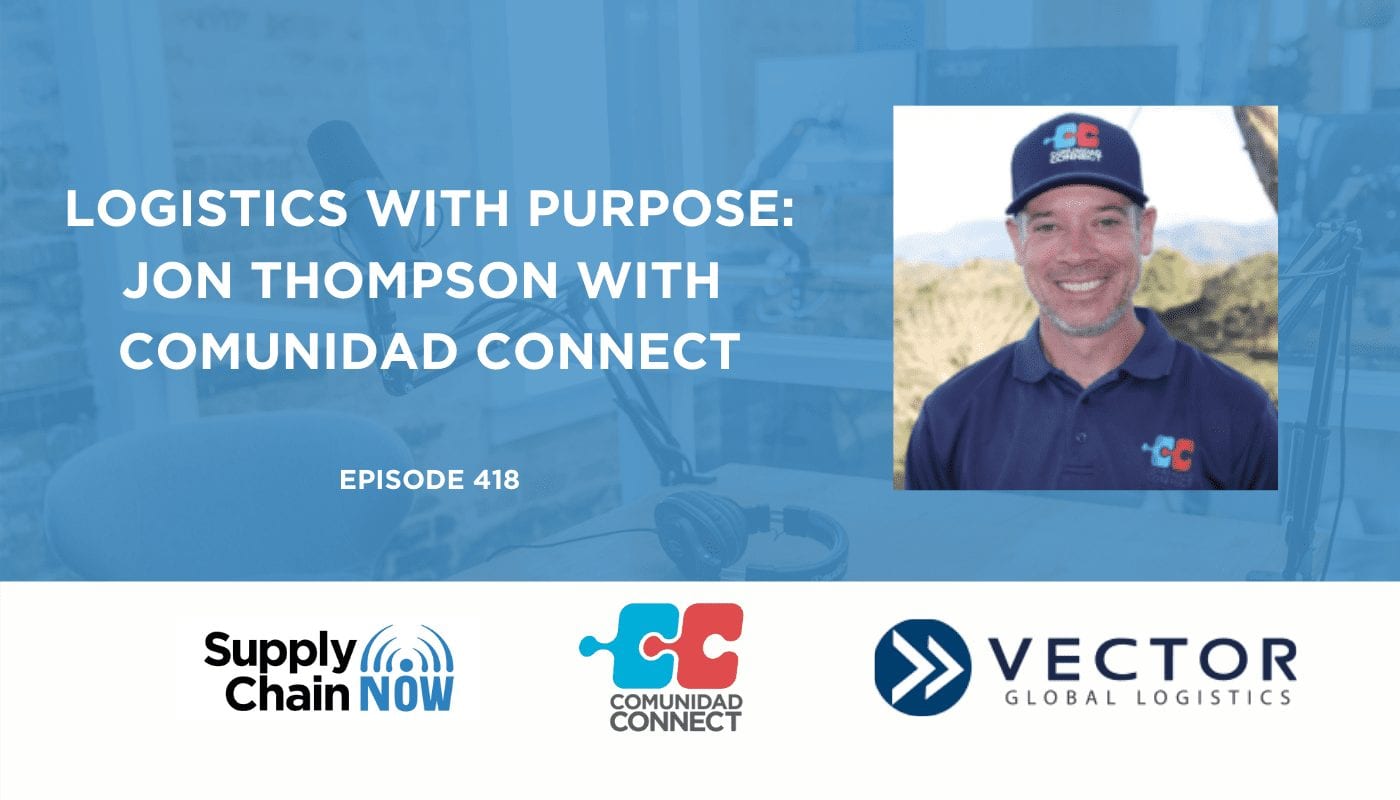
Episode Summary
“I think that the world is a very boring place when we all look the same, we all sound the same. We say the same things. And, you know, as we have a chance to learn from others, we also have a chance to teach others.”
Jon Thompson, CEO of Comunidad Connect
Nicaragua is the second poorest country in the northern hemisphere after Haiti, and yet in 1998 when Jon Thompson arrived there on a surfing trip, he could tell they were on the cusp of a tourism boom that would bring in huge levels of foreign investment. Although he wanted to be a part of it, he didn’t have the investment backing to participate directly.
Jon returned to Atlanta and earned his master’s degree in Social Work. By the time he returned to Nicaragua a few years later, he had both the relationships and the understanding to connect local business owners with foreign investors.
In this conversation, Jon tells Supply Chain Now Co-hosts Greg White and Scott Luton some of the lessons he has learned over the years of operating an organization in and for Nicaragua:
· The importance of injecting resources and capital into the local community despite the extra creativity that is sometimes required to get things done
· How it is possible to improve quality of life in communities and access headcount by trading water filters and stove pipes for labor
· The steps Jon and his team took in the face of political unrest to ensure that those in the community with the greatest needs were cared for
Episode Transcript
Intro – Amanda Luton (00:05):
It’s time for supply chain. Now broadcasting live from the supply chain capital of the country. Atlanta, Georgia heard around the world. Supply chain. Now spotlights the best in all things. Supply chain, the people, the technologies, the best practices and the critical issues of the day. And now here are your hosts.
Scott Luton (00:28):
Hey, good morning, Scott Luton back with you here on supply chain. Now welcome to today’s show on today’s episode, we’re continuing our logistics with purpose series PowerBar, dear friends, over at vector global logistics on the series where spotlight and leaders and organizations that all are changing the world in some way, shape or form. So stay tuned as we look to increase your supply chain acute equip program. We note before we introduce our co-hosts and our featured guests here today, if you enjoyed today’s conversation, be sure to check us out and subscribe wherever you get your podcasts from. All right, welcoming in my steamed fearless co-hosts here today. We’ve got Greg white cereal supply chain tech entrepreneur, and trusted advisor. Greg, how are you doing? This is a great day. When these episodes get released, it will not be known that both but two episodes were recorded with Enrique and his esteem guests in one day, which is amazing.
Scott Luton (01:23):
It’s a, it’s an expiring day in any day. We get to do this, but two episodes in a row is fantastic. Yep. It feels like we have gone to basket Robbins or two scoops of vector, global logistics, and then you go, then you go get and mow your lawn. That’s right. I go mow my lawn. All right, couldn’t get any better. So also we have an Ricky Alvarez once again, managing director at vector global logistics as our cohost, along with Greg and I today. Enrique, how are you doing? Hey, good morning. Thanks God. Thanks Greg. It’s always a pleasure being with you, and I’m very excited about this particular episode, the guests, which I’m not going to name until you do the honors. This time is a good friend of mine, so I’m excited to be fun. And I look forward to it. So with all that said, Enrique and John, let’s welcome in our Enrique and Greg [inaudible].
Scott Luton (02:18):
We have mr. John Thompson, CEO of community connect joining us, John, how you doing? I’m doing great today. Uh, thanks Scott, Greg Enrique for, for having me on I’m looking forward to our conversation. We are to your ears have probably been burned a bit because we, as we were doing our homework and talking with Enrique, we were finding out a little bit about your background and a lot about your outstanding work. Your you’ve been leading now for 13 years. So looking forward to learning a lot more about that story, but before we do in Rica in Greg, let’s get to know John A. Little bit better and better yet get our listeners, afford them the opportunity to get in there, John butter. So John, the proverbial opening question that we love to learn more about it. Tell us where you’re from and give us, give us some of those secret stories from your upbringing,
Jon Thompson (03:05):
Right on. Well, thanks. Uh, as Enrique knows, uh, I’m an Atle and through and through born here in Atlanta in 1974, it was a time, a lot of people that were thinking differently here in the South, I found Atlanta to be an Island where they could express themselves. My parents were, were no different. They came from North Carolina, moved to Atlanta in the late sixties and found a small community here called little five points. It was already very eclectic. People came in to Atlanta from the South with, with big ideas who will remember that there was a lot of political activism at that time. And so, um, a lot of the agitated, if you were kind of congregating around these in-town communities and began credit unions and co-ops grocery stores, radio stations, newspapers, and I’m around a little five points in count park. And I up in all of that.
Jon Thompson (03:58):
And it was, uh, when, as I get older, I realize how much that made it a big impact on me. So I, I grew up, I grew up here, I’m now back in Atlanta after a number of years in Nicaragua. And I’ll get to that in a little bit, but here growing up in, in the South and particularly in a city like Atlanta was just a blessing. Uh, and, and I’m very lucky to do so went to public school, um, here and then went on to private school and, um, in high school and then went off to college in Kentucky in a division three school called center college. And that’s kinda how I met Enrique.
Scott Luton (04:35):
You played soccer at center college in Kentucky. Is that right? That’s right. What position on the field
Jon Thompson (04:40):
Striker? I like score the goals.
Scott Luton (04:43):
He’s told us you break any records up in Kentucky.
Jon Thompson (04:48):
Absolutely not. No. Um, I was average at best, but it was a great, it was a, it was a great school. Um, little did I? Oh, um, it was, uh, known to be the Harvard of the South. Um, I realized that it was, I found it to be very difficult. It was also an, a dry County didn’t know that it even existed, but no, it was a, it was a great experience and soccer was a big part of my life. And afterwards that’s when I, when I came back to Atlanta played, uh, in an adult league with some friends and I met on Rican. That’s where we, we met that, that must’ve been back in the early two thousands.
Scott Luton (05:22):
You’re big Atlanta United fan, I believe. Right. Huge, huge, massive. Okay. Real quick before I, I want to talk a little bit more about your professional journey, kind of some of those key roles that kind of helped shape your world view before we get there, you really were talking earlier about little five points and how eclectic it is that area and really by extension the Atlanta area and how it can really stand out in the Southeast. Why is diversity of thought and a diversity of perspective so important?
Jon Thompson (05:54):
You know, I could, I have a lot of cliches could throw out there, you know, diversity
Scott Luton (05:58):
And spice of life and whatnot, but I’m,
Jon Thompson (06:01):
We were in collaboration, cocreation of initiatives and ideas. And that has kind of, you’ll see that in a lot of my work.
Scott Luton (06:08):
I think that the world is
Jon Thompson (06:09):
Very boring place. When we all look the same, we all own the same. We say the same things. And, you know, as we have a chance to learn from others, we also have a chance to teach others. So that exchange has been huge. I think for me, my mom was a teacher. My dad was, he was assistant director of community development for the cab County of the largest counties in Georgia. And so I just kind of grew up around people of different colors and backgrounds. My church was a very small church, part of an underground railroad were refugees coming through central America, you know? And so I think I just, I drink that Koolaid by the buckets. It’s just kind of in my DNA now.
Scott Luton (06:45):
Excellent. Alright. So let’s talk about your professional journey a bit. And, uh, I know, I know you’ve been leading the calls at your organization now for 13 years, but prior to that, and you may be as young as you are. There might not be a whole bunch of prior to that, but, but what helped shape your ability to move into the role that you’re in now? It actually all started with a
Jon Thompson (07:06):
Surf trip. I mean, uh, it doesn’t sound very much like professional journey, but I took a, after I graduated college in 97 and went on a road trip through central Mexico and central America in 1998. And that’s really when I, my eyes became wide open to the fact that there are other people in this world living in much different ways than, than I was and speaking to different lives. I mean, I just moved so naive and I didn’t really realize that until I got out of the United States and saw what other people were going through. And so as we went through Mexico, a lot of, you know, we were surfing. So we were on the Pacific coast of Baja and from muscle plant all the way down to the Guatemalan border. I saw a lot of different iterations of tourism, um, a lot of different iterations of community.
Jon Thompson (07:56):
And when I got to Nicaragua’s six months later, I recognized that in 1998, Nicaragua was on the cusp of a tourism boom foreign investment was huge. And, um, I didn’t want to just sit by, I want to participate and I didn’t have any money. I didn’t come from money. You know, I’m not an investor, but I wanted to be involved in what I saw as a beautiful small community on the Pacific coast of Nicaragua on the cusp of something huge. And they had no idea of what was coming. And so I went back to Atlanta, I got my masters of social work at Georgia state university with a specialization or a focus area in community development, as opposed to the clinical side. And so instead of sitting down one on one with a, a client or a patient, I was sitting down with the community and I learned how to ask the right questions. I learned how to listen to the new ways and those community partnerships that were experienced in creating and developing those partnerships really led into the career of social work, but in a, in a community development, kind of, if you will,
Scott Luton (09:01):
Interesting, you know, as we, as I’ve looked back and Greg has, we’ve asked that question about professional journey through almost 400 shows. Now I can tell you that this is very unique because no one’s ever said, well, it started with a surf trip, but, but it makes so much sense, John. I mean, it makes so much sense. You know, we all have our blind spots based on our lifetime experiences and, and where that journey takes us. And I think it’s a beautiful story of how you go down there for a completely different reason. And it opens up your eyes to a lot of other like meaningful life changing experiences. I love it, Greg, your thought that’s it? That was exactly my thought. How many people’s career journey starts with it all started with a surf trip, made me think of a friend of mine who intended to remodel his house and wound up, tearing it down and building another one in this. And the story starts with it all started with this,
Jon Thompson (10:00):
Right? I mean the most unexpected
Scott Luton (10:02):
Did result from the most mundane or tiny sort of kernel. Right. So that, that’s amazing. I have to ask you, aside from the inspiration and clear, and that is a behind you is a picture of your, of your land, I think right in Nicaragua.
Jon Thompson (10:18):
Yeah. This is a coffee farm in the mountains of Nicaragua behind me.
Scott Luton (10:23):
So aside from that, where were the best waves for surfing on your trail?
Jon Thompson (10:28):
Yeah, not many ways here up on the Lake, the best waves, you know, Nicaragua has, I think, three of the top five waves in the world. Um, there’s a lot of reasons for that, uh, Lake Nicaragua and the winds that come across and trade an off shore, you know, wind, uh, 300 days out of the year, I think. Yeah. Nine months of incredible surf. Uh, so the Southern Pacific coast of Nicaragua is full of incredible waves that are absolutely empty, particularly nowadays. And so, yeah, anywhere there’s probably two dozen coves that have two Def two dozen different types of rates.
Scott Luton (11:04):
Do you still get a chance to go out there and surf some of those waves when you’re back in Nicaragua?
Jon Thompson (11:10):
Yeah. W w uh, I was there in February, um, just before the coronavirus hit and kind of shut everything down. Yep. It had my, I was supposed to have been there two times since, but here I am hot Atlanta. Yeah.
Scott Luton (11:23):
Well, at least you’re used to the humidity in Nicaragua, right.
Jon Thompson (11:26):
That’s right. I’ll tell you. Nicaragua’s an incredible place. It’s the second poorest country in the hemisphere after Haiti, but it is, it’s beautiful. I mean, that is known as the land of lakes and volcanoes. It is, the people are amazing. Their approach to hospitality is distinct comparable to anyone else anywhere else I’ve ever been. I thoroughly recommend I’m a, I’m a, I’m a Rover promoting Nicaragua every day.
Scott Luton (11:49):
Love it. Well, Greg, I think we want to dive more John’s organization,
Greg White (11:54):
Community dot connect, right? Yeah. So I’d love to understand kind of how you landed there and then what the company does. I’m hoping this segment also starts with it all started with a surf trip, but if not, I won’t be disappointed, John. So
Jon Thompson (12:12):
No. Well, it, it, it does, uh, it is a continuation, right? So picking up where I left off, I wanted to do, I wanted to be a part of it. I wanted to be a part of the country’s growth and, uh, the communities where I was, uh, I wanted to contribute to their, to their growth. So, um, we moved, my wife was Nicaraguan met in 2000. We met in 1999 and we got married here in Atlanta. After I got my MSW, I went to work for United way for a little while, but I was looking at this at this panoramic picture of the Pacific coast of Nicaragua, where every day I’m a little cubicle. And I was like, you don’t have to do this work here in Atlanta, or I could do it in front of the beach. Why don’t we go back to Nicaragua?
Jon Thompson (12:52):
My wife was like, why do it my whole life? I’m trying to get out of Nicaragua, bless her heart. She, uh, she followed me. I don’t say follow me. We went down there together. We moved there in 2005 and, uh, lived there for 10 years. I didn’t know I was going to be that long. In 2007, we were seeing a foreign investment through the roof. Tourism tourism was really picking up and we’ve found in Nicaragua, I’m sorry. We found a community dot connect on the basis of, you know, what, there are people who are going to have a meaningful experience while they are traveling, whether on vacation with family or traveling alone on a surf trip or whatever they want them to enter into communities through the back where they don’t know the language, they don’t have the relationships and they might not have a clue what they want to do.
Jon Thompson (13:37):
They just want to do something meaningful. And on the other side of that equation, we had, there were people in duty that were doing incredible work that needed support, access to capital access to opportunities, whether they were making water filters or composting toilets that were serving the community, but they just didn’t know how to interact with this, this wave of foreigners that had access to resources. When I find my, I found myself smack dab in the middle, I knew the language I had had by that time, almost 10 years of relationships there in the community. And I had a little bit of experience with community development. So I said, why don’t we, you know, put the two puzzle pieces together. Like you see on that, right? Where we have a community that a community that wants to do good. And on, on the other side, communities that need that support, we put them together like puzzle pieces. And so community connect is just, that is connecting communities. Half of us, half of it’s in Spanish, half of it’s English. And I, I just I’m happiest when I find myself at the intersections of people who want to make a difference and I connect them with opportunities to do so. And that that’s the crux of community dot connect and a bit of the ethos story as well. So John look, the title
Jon Thompson (14:52):
Of CEO, everyone here has been a company leader, right? So the title of CEO is beautiful and it looks great on a business card, but sometimes it doesn’t represent what people would expect your job to be, or the totality of what you do. And I sent in an organization like yours. That’s probably true for you too. So tell us what you really do on a day to day basis, the kind of things that you do and interactions you have and that kind of thing. Well, we’ve always said that our, our capacity to know, make a difference is directly linked to the engagement and the size of our community here and so on for probably the first seven years, eight years of my work with community connect, I was developing programs, managing programs, managing staff. I was in country. And so it was what I love to do.
Jon Thompson (15:45):
Most of the grassroots work, we focus on community health. We want to run a health clinic. We provide a continuum of care for special needs patients. We support health, local health promoters in Nicaragua, as well as in the Dominican Republic. Now we build homes, we distribute water filters. We have a youth sports program that has a thousand kids. I mean, there’s, it’s very robust for the very small team. And, um, that’s where I’m happiest, kind of on the ground, getting my feet dirty, my hands, dirty, moving to the United States. What I do now, I’ve been back here for about three years. My business card should really be storyteller because the questions that you all are asking me, I get off. And I do like sharing my story with others because not the typical route to become CEO of a, for profit nonprofit. What I do now is, is I share the work.
Jon Thompson (16:41):
We, a lot of my time is spent on marketing communications. And certainly now with coronavirus it’s, we’ve been working on transitioning our in person events over to virtual virtual events. We’ve launched a podcast. It’s a lot of time in video, um, which is my home office. So that’s really how I’m spending a lot of my time. And that’s another way of saying fundraising because without fundraising, we can’t make, you know, obviously we can’t do anything. And half of our budget, half of our operating revenue in the past came from hosting groups of students and faith based groups in country to put us in the work. And we use that revenue to drive programs, but without the ability to travel and take volunteers abroad, it all comes down to the generosity of our, of our donor network. So that’s where I spend all my time. Now follow up on that.
Jon Thompson (17:32):
I’m curious what that fundraising donor relationship looks like now in, in today’s environment and only feel free to ask you such a complex question, because Enrique told us we can, we can ask you anything. I wonder what that looks like in this day and age. Well, what that relationship looks like. It’s, it’s, everybody’s different. And everybody’s capacity to give is different. Some people give from abundance. Some people give because of their commitment to cause some people support our work because they’re my childhood friend and they know me personally. And they say, well, if is in and I’m in too. So there’s no one necessarily no approach that works the same, your body or relationship that is not unique. But the most important thing about fundraising in this day and age is being genuine and being authentic and being humbled. When you meet someone new and being thoughtful, when you’re someone you’ve known a lifetime, because the last thing you want someone to think, wow, you know, he is just reaching out to me because he wants my money.
Jon Thompson (18:45):
Our organization is very people-centered and that’s the same kind of spirit that we bring to all facets of the work, whether it’s, you know, a, um, our pro for good program that provides meals to senior citizens living alone and or communities or it’s with, you know, a major donor it’s, it has to be based on very strong, very genuine relationships. Has it been harder because you can’t get people there in person or have you changed your approach substantially because you said it’s very people focused. Right. So obviously I think we’re all adapting to zoom, zoom meetings, right. That’s right. But, um, is there some way you’ve changed your approach because a little bit, yeah. You know, so we started a podcast much, like much like this we’re bringing, um, our team that’s in the field, Nicaragua trying to bring them more to the forefront. Um, language is always a barrier.
Jon Thompson (19:47):
Yeah. So, so that doesn’t always work. Our biggest challenge since day one, trying to explain the impact and really into intangible way is when people are able to go to Nicaragua or to the Dominican Republic where we’ve begun to do work. It’s a big challenge. And this has forced us to reengineer a lot of that exposure to the need, exposure to the opportunity, um, and try to do that virtually. And so now developing, since for example, since schools can’t join us in country, we’re bringing in the country to them in the classroom with like Google, Google earth flight simulators, actually taking off from Atlanta airport over the Caribbean landing in Managua, kind of getting like a hot air balloon and going into the community where we work then getting down, that’s kind of like the grass tops. Then we get into the best routes where we can actually have zoom meetings with our nurse in the clinic or
Jon Thompson (20:48):
Our, our field staff, that’s building homes or our local, you know, local leaders that we work with. So it’s forced us to exercise our creativity in ways we had never really done before. We’d kind of, we knew that we need to, we need to always need to innovate, but this has really forced that in innovation, you know, fast forward. So we’ll see, we’ll see so far where I think our virtual events have actually been able to engage more people in more ways than an in person event, every could. So, um, I’m optimistic.
Scott Luton (21:22):
Well, if I could ask a quick, quick question, Greg, before you continue, John, you paint a wonderful picture and it may be it’s part of your backdrop and it’s a lot of the words you use, but you really, I, it it’s, it’s easy to see how you’re a great storyteller as part of your role. So I envision all the stuff you need from the sports programs, to all the other services and support you offer the central American community and beyond how do you get all that stuff down there? What’s the, give us a snapshot of the logistics behind?
Jon Thompson (21:50):
Well, we try as much as we can to inject our resources in the local economy. So whatever we can buy, like it doesn’t make sense for us to bring down a bunch of medical supplies when we can buy them from the mom and pops pharmacy around the corner. And sending money is a lot easier than getting medical supplies through customs. Believe me, the sports program. For example, we built a sports facility, kind of renovated an old tennis court into a basketball and soccer or arena soccer and volleyball court. And there’s an NBA player ex NBA player that has a house in this community. And so I reached out to him and said, can you help us get some backboards? And so he reached out to his past organizations, which the Lakers in the Knicks got the Knicks to donate two full sets of basketball goals.
Jon Thompson (22:38):
Had them shipped down through the mayor’s son was in a major hardware store, a chain of garage, what got them to do the import export tax because it was through the government, through the mayor’s office and then delivered to us. So the engineer would level of ingenuity. Nicaragua is awesome, but a little bit of duct tape and some elbow grease, you can fix anything. Right? And so what I found is that the supply chain to get things there is not as difficult as you may think at first glance, but certainly we try to supply our programs with the resources they need was with local resources.
Scott Luton (23:20):
You’re investing on so many different levels. I love that that localization think about this supply chain started very locally, right? I mean, it started with us feeding ourselves. Right. Right. If you think about it, that’s where the supply chain really started. And then we had more like we do this year more squash and tomatoes than we could eat. So we took them to the neighbors or whatever. Right. I mean, it, it starts very simply and it starts locally. And I think
Greg White (23:46):
It’s good that you’re contributing so much to the economy that you’re trying to help. So that’s fantastic.
Jon Thompson (23:52):
Well, I think just being intentional about the way we spend our money is more important nowadays than ever before. So I’m glad that that, that shines through our work.
Greg White (24:02):
So can you name the NBA player? I bet we’re all dying to know who the heck that is.
Jon Thompson (24:06):
Well, I will. And he’s a, he’s, he’s a friend he’s been a great supporter of community connect for many years. Travis Knight. He has had a, a home in the town where my wife is from and where we found in Nicaragua on the coast of, um, on the Pacific coast there. And, um, we stay in touch throughout the year. And again, he’s, if he listens to big shout out to Travis Knight and he’s a great man, he was a great player. And, um, he’s a good friend.
Greg White (24:35):
That’s great to get people like that involved. They have so much power, right. I mean, and it’s encouraging when they, when they help leverage that power and knowledge and, um, awareness, uh, into something great. Like this is fantastic. I want to ask you about Eureka moments, but man, I think you’ve shared a couple here. So anything, I mean, is there anything else that has given you that sort of aha moment that has lit your fuse more than any of the other things that you’ve described here already?
Jon Thompson (25:09):
Well, I’ll, I’ll, I’ll give you two brief examples. I was working in a, in a community. I was working for the development, doing the corporate social responsibility work. And it was from one of the most influential and powerful families in Nicaragua. I was charged with managing the community relationships around their development, and there were seven communities, three different health centers. And when I saw that all centers and I went to go visit and I spoke with the staff, they were clogged with people, everyday women and children, primarily that had diarrhea and upper respiratory illnesses. And they couldn’t do anything else. They couldn’t get out of the community because there were attending so many people in their clinics that diarrhea and the upper respiratory illnesses are very preventable illnesses with access to clean water, clear it up 100%, but that’s huge washing hands and drinking, clean water, chronic diarrhea.
Jon Thompson (25:59):
Diarrhea was the number one killer for babies under five years old throughout the developing, right? And with a water filter that costs $30. You can make a big bet and that with a stove, that shit that funnels the smoke out of the roof, and doesn’t fill the house with wood smoke, you can cut down on that upper respiratory illness in big ways. And so that drove me to think, okay, well, how can we put two and two together? And next thing, you know, within five years we got 10,000 people with clean water, through water filters. They were buying with community service. They volunteer two days in a row doing work to improve their community. And we recognize that with a filter, we weren’t just landed, you know, parachuting in handing out filters, taking a picture and walking away, these were people earning them through their civic engagement.
Jon Thompson (26:51):
And that was, that was just a, how someone’s time can be the most valuable currency. Was it? That was not high moment for me. Wow. And the second one started, it was two years ago in 2018, there was a lot of social unrest in Nicaragua, it’s political instability. And it was a very disturbing time. And people, you know, widespread unemployment people were, didn’t have access to food. So we started like, like my staff said, we have to get food to these people who are elderly living alone or special needs, and they can’t cook for themselves. And so we started doing things that I’d never wanted to do whatever. And that’s hand things out and provide a meal. Even those nurse, you know, good nourishment, it was still a handout. And that was just something that we did not want to do. So today we are, we have acres of corn and acres of beans planted in the ground because we’ve begun to finance those local farmers thing, them loans at reasonable interest rates so that they can grow their own food.
Jon Thompson (27:57):
And then with the surplus, like your squash and tomatoes, and they can, they can take care of their neighbors in ways they couldn’t before, because they didn’t have the money because of the jobs. And this is an investment of $2,000. $2,000 can put 14 acres of corn in the ground that provides food for 40 people year around, plus a couple of thousand dollars in their pocket, which is the equivalent of an annual salary. So again, very simple things. Once they come together, my little head, they can cause a, a reaction that now hopefully will serve thousands and thousands of people, butterfly effect. That’s great. Well, okay. Now, Scott, I feel like maybe you and I ought to just sit and watch. So let’s turn and Rica loose. And I know, I know you and John are great, great friends, and I know you’re a big fan of what he’s doing at community connect. So share with us a little bit about what’s so inspiring about this for you and why you wanted to share this.
Enrique Alvarez (28:58):
Yeah, no, one of the main reasons I wanted to share this story was John himself. I mean, he said, I’m sure that everyone’s listening by now knows the kind of person or has a really good idea of what can a person John is. And, and it’s, uh, we’re good friends. We don’t get a chance to hang out as much as we would like to, uh, mainly cause he doesn’t want to play soccer with us anymore, but that’s a different story when you kick me in the shins every time. But, uh, but no, I, um, I admire what he’s done. Uh, and, and what he’s a straightforward, honest, hard working passionate person. And, and again, anyone that would start a story like, Hey, it started on a surf trip and then goes on to see that something’s wrong in the, or the plays that he was.
Enrique Alvarez (29:42):
And then instead of just going back and ignoring it, like he actually takes the time and built a company and changes his life around that particular moment. I think it’s just admirable and, and worth sharing. And, and, and again, part of the series that we have here, uh, with you guys, Greg and Scott, is, is sharing inspirational stories so that other people could kind of learn and follow the footsteps of, of good leaders. And so I just, yeah, John, I respect you as a leader and glad that you’re my friend. And, um, so congratulations cause what you’ve done, even inside community connect. Cause when we started talking about this years and years ago, it was only, or mainly the students going into and the coffee. Right. And I don’t know, you haven’t mentioned the coffee, but one question I had for you is how do you start growing into all this other aspects? Like the, the sports complex and the kids and the health and the food. And I mean, how, what’s your strategy into growing something that I think, and I might be wrong here started maybe at the coffee, where did it start on on how do you grow it to all this other program
Jon Thompson (30:49):
Around the same time? In 2007, when we founded a community connect, I was also invited to be part of a coffee farm and that’s, you know, pictured behind me. I had no money. So I told, I told my friend who was putting it all together. I said, I’m going to be involved, but I don’t know what I can do. And he said, well, I want you to be involved in the community level because it’s a 250 acre farm. It’s the largest organic coffee farm in Nicaragua. We are going to be, we’re going to, we’re going to make a splash. And if you could help us manage the communal relations, that’d be great. And so that’s how I got involved in the coffee farm. And it just so happened that in that community called Los Robles, uh, just outside the city of know Tayga on Lake, up on us, there was a vibrant community of engaged leaders.
Jon Thompson (31:36):
And after a year or two of saying, no, no, we can’t put a roof on the school. We can’t give the computer. The church that’s needed and abused. We can’t do everything. We took that time and developed relationships and really built trust. I really believe that change really happens at the speed of trust. And until you have that trust, it takes time to build, but once you have it, you’re locked in and you can do some amazing things. As I developed some relationships with the coffee farmers within the community and also in partners important to point out, there was a very strong relationship with Emory university’s business school, social enterprise, the center for social enterprise. I can always sweat, uh, at Emory was a big, a very important partner in the beginning of community connect and helped open our eyes to the fact that coffee is a product is, you know, the highest traded commodity in the world after yet, the countries that are that base their GDP on production are some of the poorest in the entire world.
Jon Thompson (32:42):
So we saw a huge discrepancy there about a coffee that costs $3 and 50 cents a cup at Starbucks was less than a dollar a pound for the farmers and they just didn’t have access to the markets. And so we were able to kind of understand, well, wow, there’s a really valuable resource here. How can we bring that to market much? Like we saw the community as an incredible place for research and a credible place for program development, but we just, we had to plug it into communities that have resources that could kind of get some programs up and running. The more we grasped the surface, the more layers of the ans we code back it. Yeah, it got stinky, but we also got stinky with us. And so we were able to, um, develop a, a coffee program called farmers to 40 that paid the farmers based on the price of coffee that consumers were paying, not on the commodity price. That’s really manipulated more by futures and hedge funds than the reality in Nicaragua,
Scott Luton (33:46):
Different spin on Enrique. His question to you as we go broader, John Enrique had, was also curious as we were chatting pre show about some other things you’re tracking across the global community. Right. Right.
Enrique Alvarez (33:59):
Okay. Again, challenging times are interesting times. I’m sure there’s a lot of opportunities that we can extract from this. And I’m pretty sure that all of us as human beings are going to learn a lot from going through this worldwide pandemic. But you talk a little bit about the marketing and some of the funding and how that has changed. But what other kinds of indicators are you currently tracking that would impact your, your organization and what do you keep an eye on
Jon Thompson (34:27):
Right now? There’s more than anything. We’re keeping an eye on COVID. And in 19 in Nicaragua, Nicaragua was one of the only countries in the world that did not establish social distancing, actually mandated pool, a held big rallies. There were no precautions put into place. Medical professionals were not allowed to wear masks for the first six weeks. And now we are seeing a widespread explosion of coronavirus and Nicaragua yesterday. One of my staff tested positive. There are people in very rural communities now that are testing positive. My focus, I guess my metric is a human metric right now. And it’s a concern. I think we all feel. Um, but certainly I think it’s, uh, magnified quite a bit in countries like, like Nicaragua. Certainly we want to travel there again. We want to begin our work via our, what we call our cultural connections program.
Jon Thompson (35:20):
When we take academic groups and faith based groups, even burden groups and corporate groups to Nicaragua and the dr. We track our success there. Not only in how many people we can bring down how much money we can raise doing so, but impact we can have by engaging and deploying those capital investments come from, um, from that side of the business. But right now it’s, it’s really tough because we can’t travel, but there’s promise that we’ll be able to get, get down there soon. And hopefully virtually we can bring that experience into the, into the classroom.
Enrique Alvarez (35:53):
Governments have changed their stance on how to fight the virus. And is there, um, is there anything that we or the listeners can do to kind of help this particular concern of yours and help people in Nicaragua kind of battle through the virus?
Jon Thompson (36:06):
Well, yeah, and the government has now accepted the fact that there is grown a virus. There’s no, there’s no denying that just it’s a little late, but they are making some, some strides in that regard and support in there, the medical staff and so forth, what we found the best way that we can help is working directly with communities. You know, they don’t have jobs. Those there’s really widespread unemployment. The economy wasn’t collapsed before Corona virus. So by supporting our work to, to get food on the, uh, on the tables of families that need it the most to give a safe shelter for the families that might be living in a dirt floor or have a plastic tarp has their roof, uh, as many do and communities where we work to helping out with our medical programs to provide this continuum of care with medicine and home visits and trips to visits to specialists.
Jon Thompson (36:58):
I mean, $5 goes a very long way in Nicaragua. And right now we’re, we’re recruiting a recurring, uh, supporters of our, of our work five, 10, $20 a month. You can’t, I can’t tell you how much impact that makes just yesterday. We highlighted a young man who came as a volunteer in 2014 and started a $15 a month donation when he got home. He since made 80 contributions and it is, you know, it’s just amazing that through that look through that small gift every month, that’s 50 cents a day, so much, so much help can be afforded so much impact can be made. And so I think that if people want to get involved, just understand that it’s very easy to do so there’s no reason why you can’t. We’re a very small organization. There’s not a lot of overhead. And all of the dollars that we raised that go, that are earmarked for programs go 100% of programs. And so I just encourage people to visit us on, on our website, community.connect.org. Um, we’re also very active on Facebook and Instagram and in our podcast, that connection also has episodes every week, as well as, uh, Facebook live events. We’re big music fan. So if you like our music and spread the word, so we always said, look, you can share you share our story, come and volunteer, or make a donation. There’s, there’s three great ways to get involved.
Enrique Alvarez (38:29):
Outstanding. Who’s your favorite music group by the way? Okay.
Jon Thompson (38:32):
Pick one. Ooh, right now, uh, I’m a big salsa fan. And so I would say Eddie Palmieri is my, uh, on heavy rotation. So Eddie Palmieri, great piano. It’s also great dancer too, by the way,
Scott Luton (38:47):
Really, we’re gonna have to check that one out. Greg’s a big dance around our team. Right? Right. Really, it’s hard to be down when you’re listening to someone
Jon Thompson (38:55):
That’s right. Full heartedly. Agree.
Scott Luton (38:58):
All right. So appreciate you sharing how folks can connect to course, we’re going to share all those links while there’s the links, at least in the show notes. Hey, John got one final question before we wrap up. I like your down to earth leadership style and just authentic approach that you bring to the table. And this is the first time we’ve, we’ve met her a lot about you, but based on what you and your team have been building and the mission you’ve been serving and, and the good you’ve been doing, the very real, tangible good you’ve been doing speak to those aspiring leaders, whether they’re still in school, whether they’re early in their career, what makes it happen from a leadership standpoint?
Jon Thompson (39:35):
For me, it kind of goes against the grain to say that my career has been driven, not by money. It has been 100% based on my values. And when I speak with young professionals where they’re out of school or in school still, I urge them to reflect first and find work that speaks to what makes them happy. Because when I talked to the old timers and I listened to what they really, when they look you in the eye and say, son, happiness is worth more than money. And you have to balance that, right? Because you got to have money to put food on the table, but I go to bed every night, happy and satisfied because I know my work is making a difference in the lives of others. And if I can make a living doing that, then I want that to be an inspiration for other people that well, maybe I don’t have to go down the traditional route and maybe I don’t have to climb that corporate ladder to be happy because really what is happy happiness at the end of the day,
Scott Luton (40:43):
Love that Greg Enrique a lot there, we could dove into that last segment, I think a couple hours, but Greg, your key takeaway or your final thought with, with John one surfers, save the world. And two, that, that last statement reminds me of the parable of the, of the big six consultant and the Mexican fishermen. I’d encourage people to look that up, read through it. It is an inspiration for your life. And it does give you a clarity of direction in that regard. And secondly, you know, in addition to that, I’d say kudos, frankly, to your wife for a,
Jon Thompson (41:23):
On you to do this and
Scott Luton (41:26):
Participating with you in it and allowing you to spend some time in, in country. I mean, we have talked to Tanya Allen
Greg White (41:34):
From Venezuela and a number of folks who have left their, their home country and they are loathed to go back. So we know what a difficult decision that is to make congrats to her and her part in, in participating in this. And of course to you and the team. And I hope you guys get to get down there again soon.
Scott Luton (41:58):
Well, sure. It was Chicago, Greg. Yeah. We can all have like a little trip down to Negro.
Greg White (42:05):
So I have some friends who are from there as well, and
Scott Luton (42:09):
It could be a good retreat for, for supply chain. Okay.
Greg White (42:12):
I have a salsa contest while we’re down there. Hey, we’re from Georgia man. We’re not, we have no problems with a blue, with a blue roof. Right. The blue tarp roof is like a natural thing in Georgia.
Scott Luton (42:24):
All right. Enrique, your final thoughts as we wrap up here with John Ben, just to bless her having him on the show, I’m sure we’ll going to have him again once we reopened and after maybe his first strip, and maybe we can think of something even remotely while he’s down in Nicaragua, but no, thanks. Thanks John. For everything you do again, wish we could hang out more often, but, uh, but thank you very much, uh, for, for just leading with the example and, and yeah, thanks a lot. John folks can learn more. I think we’re gonna include your LinkedIn profile. We’re gonna include your URL, which is community.connect.org. And we encourage our listeners to reach out as, as John put it out there. There’s, it’s really easy to plug in and help the mission that you and your organization owns a big thanks to John Thompson CEO at community dot connect. Thanks so much, John. Thanks for having me guys.
Greg White (43:13):
Yeah, big. Thanks.
Scott Luton (43:15):
Also once again, the Greg White’s serial supply chain tech entrepreneur, regular cohost here, in fact, host of the new show, which is getting rave reviews across the world, Greg, to cross the world. That’s right. Hey, you got to go big and stay home, right? Yeah.
Greg White (43:31):
Yeah. That’s all right. I guess.
Scott Luton (43:34):
And of course we couldn’t make this series. It wouldn’t be possible without the great team over at vector global logistics, Enrique Alvarez, you and your team are inspirations in your own. Right? And we appreciate you how you bring these stories like John’s here and his organization and, you know, give it our little spotlight that we’ve been growing here because there are stories that need to be heard and their missions that folks can get on board and really help make an impact. Thank you. And thank you, Scott and Greg for allowing people to come and share their stories, share their experiences. And hopefully by just increasing the awareness and just sharing the story is you on what saying, um, you’re also making a big change in the world. So thanks for what you do at supply chain. Now you bet I’d love to do it to our audience.
Scott Luton (44:18):
Hopefully you’ve enjoyed this story as much as we have, as I look at the, all the shows that we’ve had here, some of my favorite church or shows just like this, where you’ve got passionate leaders on a mission that are doing big things and it’s like a calling and it’s a real, tangible, practical impact, and other parts of the world. Folks that as John laid out, folks that need it like Nicaragua being one of the, I think the second, second poorest country in the Western hemisphere, I think is what John shared, you know, let’s, let’s get out and make a difference. So on that note, hopefully enjoyed the show. We challenge the do good give forward and be the change that’s needed. And on that note, we’ll see you next time here watching.
Featured Guests
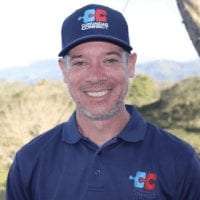
Born and raised in Atlanta, GA, Jon Thompson graduated from Centre College in 1997 with a B.A. in History. He first visited Nicaragua in 1998, returned every year thereafter, and married his wife from there in 2002. That same year, Jon obtained his Masters of Social Work with a concentration in Community Partnerships from Georgia State University. Jon and Arelis moved to San Juan del Sur, Nicaragua full time in 2005, and Comunidad Connect was founded shortly thereafter. After 10 years in Nicaragua, Jon and Arelis returned to Atlanta where they now live with their children Jon Rockett and Camila. Jon is CEO and a board member for Comunidad Connect.

Enrique Alvarez serves as Managing Director at Vector Global Logistics and believes we all have a personal responsibility to change the world. He is hard working, relationship minded and pro-active. Enrique trusts that the key to logistics is having a good and responsible team that truly partners with the clients and does whatever is necessary to see them succeed. He is a proud sponsor of Vector’s unique results-based work environment and before venturing into logistics he worked for the Boston Consulting Group (BCG). During his time at BCG, he worked in different industries such as: Telecommunications, Energy, Industrial Goods, Building Materials and Private banking. His main focus was always on the operations, sales and supply chain processes, with case focus on, logistics, growth strategy and cost reduction. Prior to joining BCG, Enrique worked for Grupo Vitro, a Mexican glass manufacturer, for five years holding different positions from sales and logistics manager to supply chain project leader in charge of five warehouses in Colombia.
He has a MBA from The Wharton School of Business and a BS, in Mechanical Engineer from the Technologico de Monterrey in Mexico. Enrique’s passions are soccer and the ocean and also enjoys traveling, getting to know new people and spending time with his wife and two kids Emma and Enrique. Learn more about Vector Global Logistics here: https://vectorgl.com/
